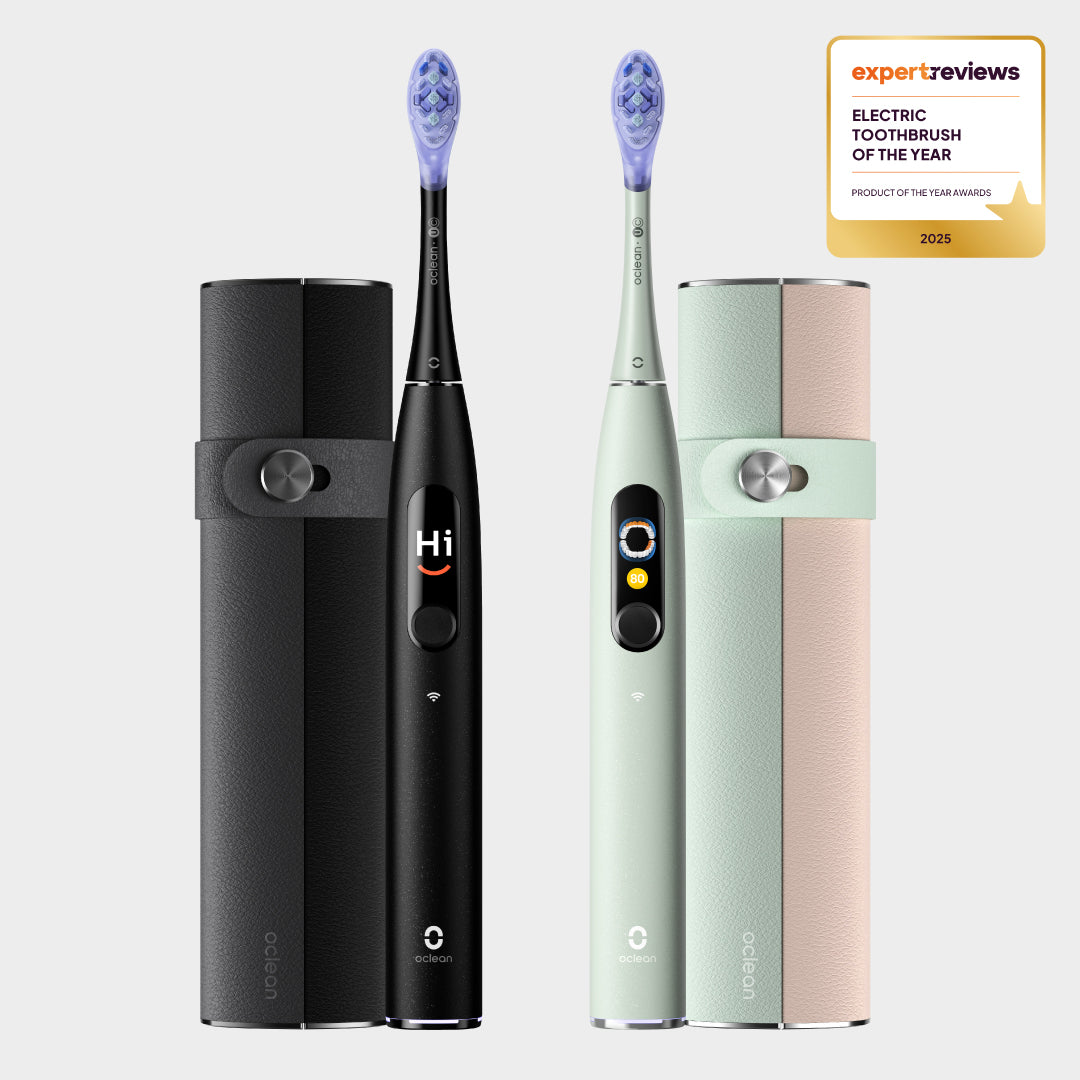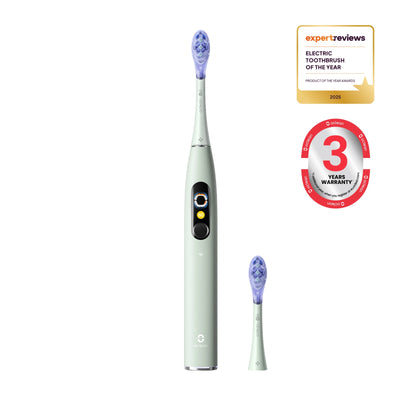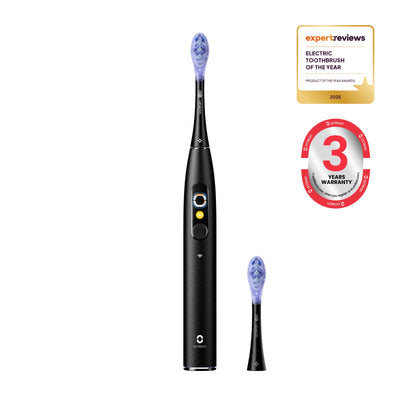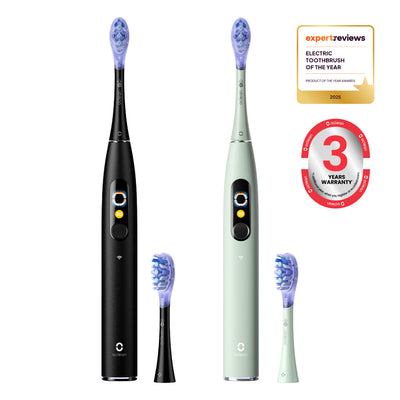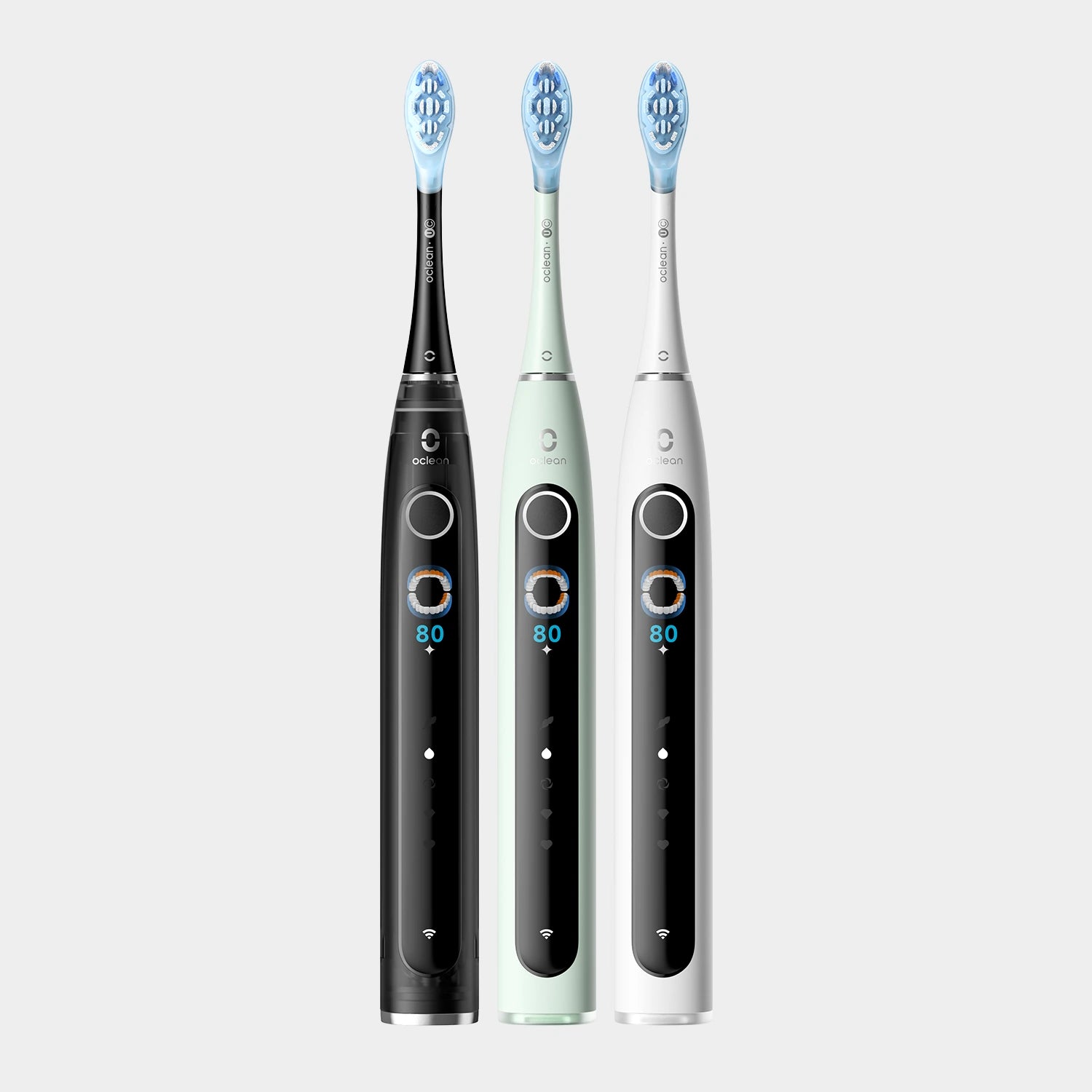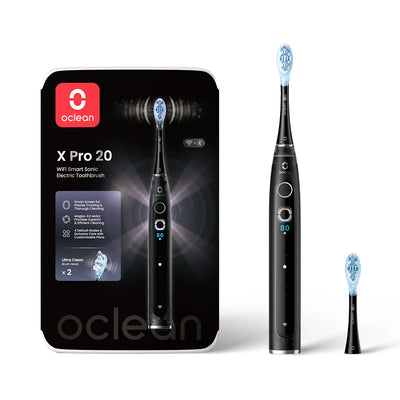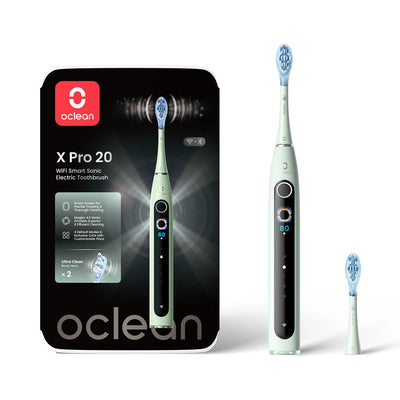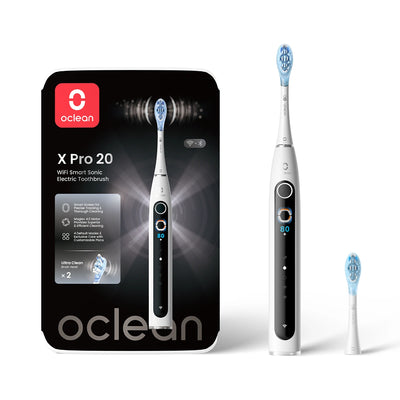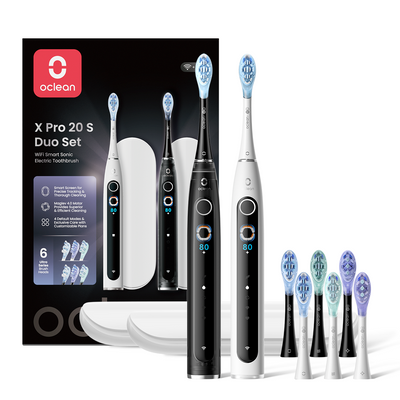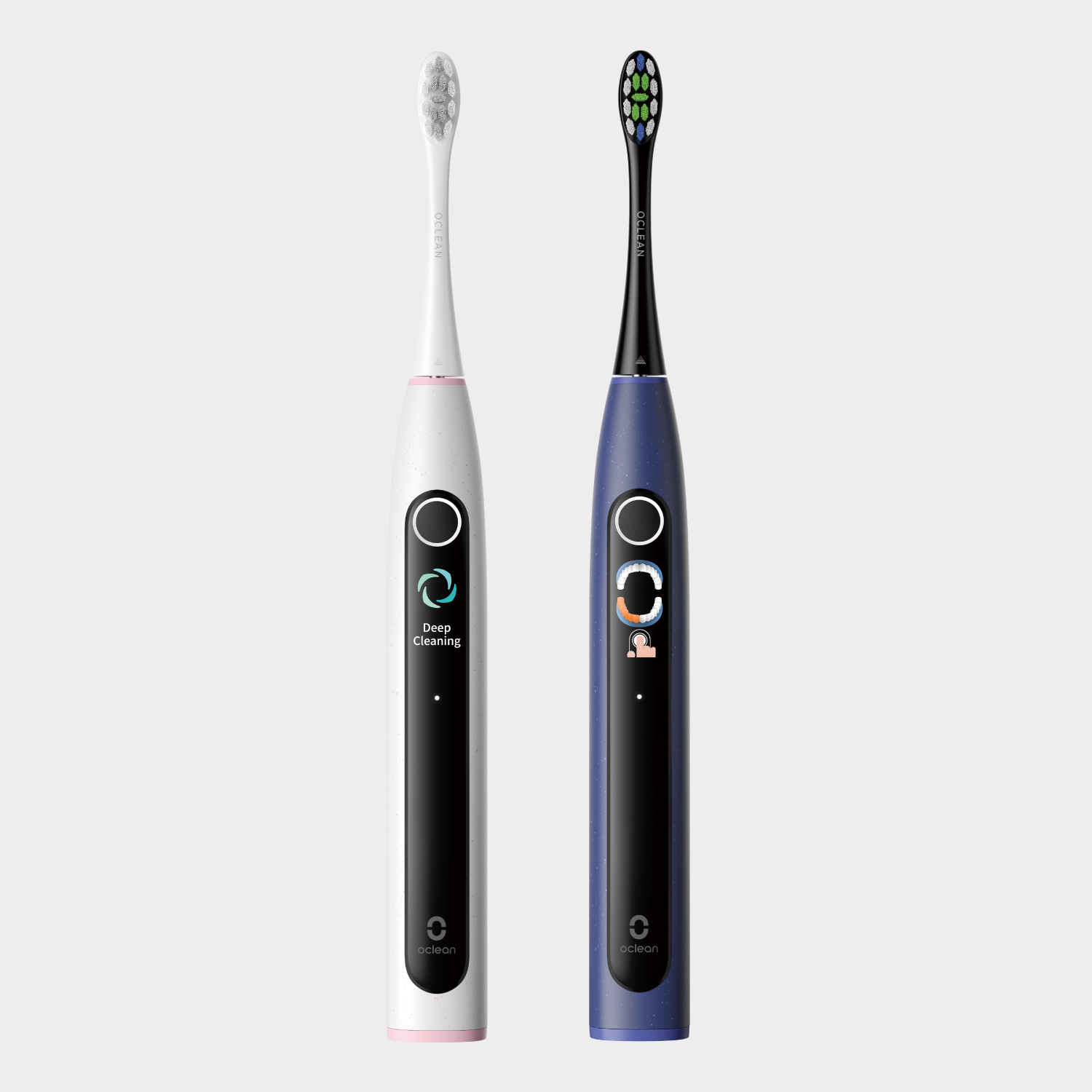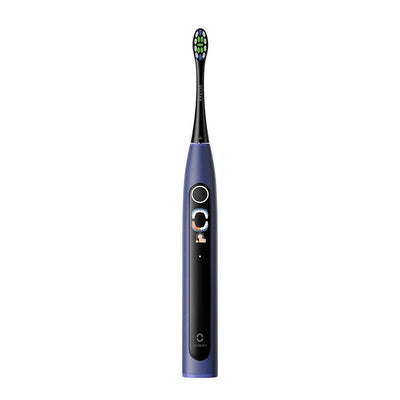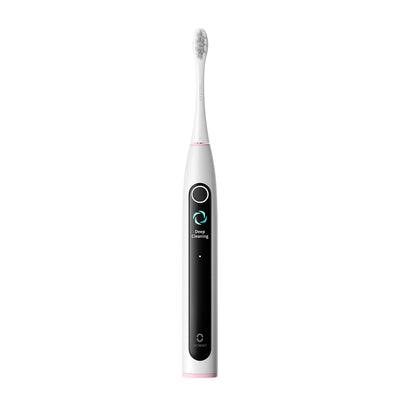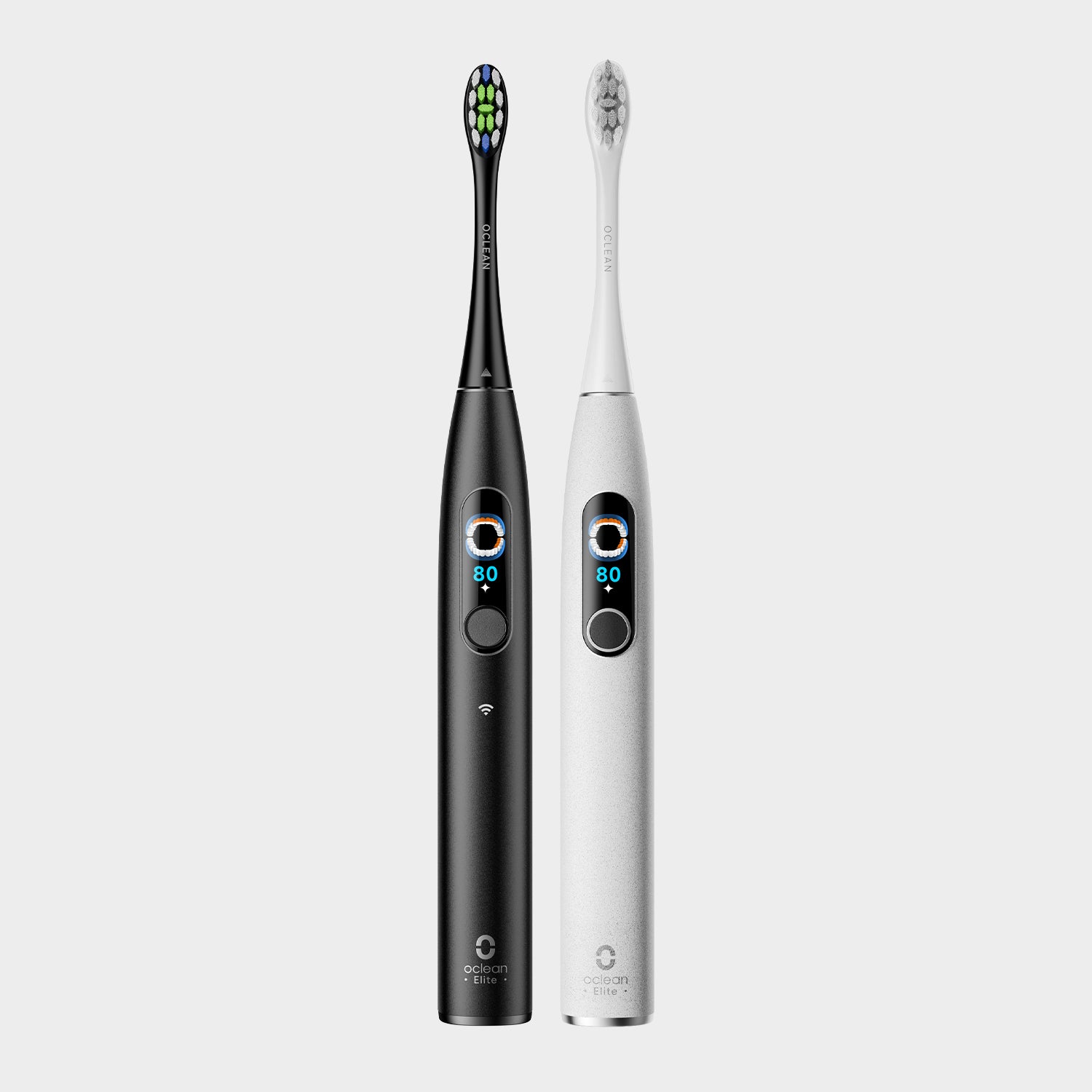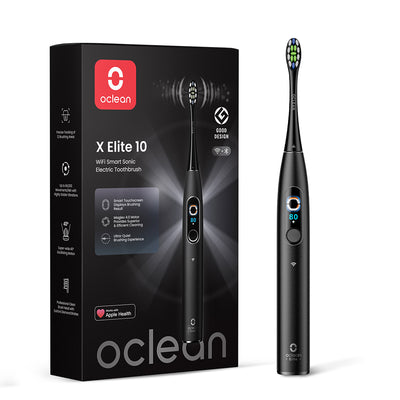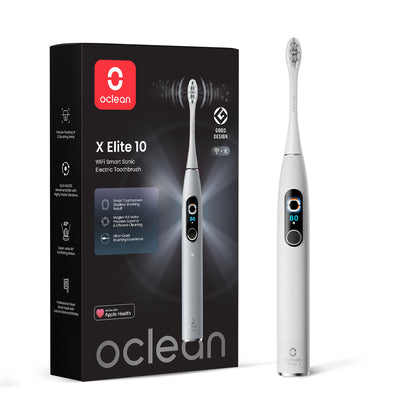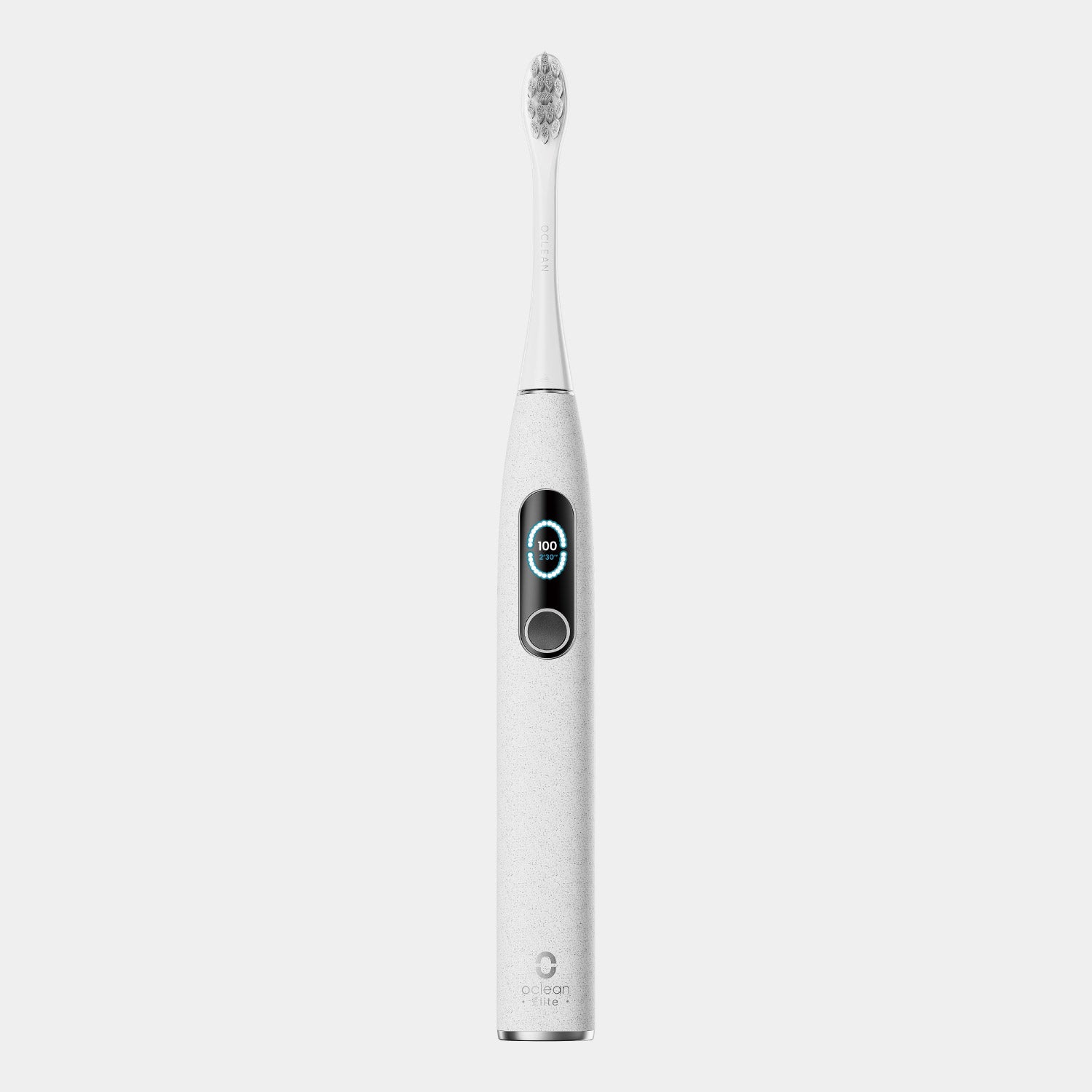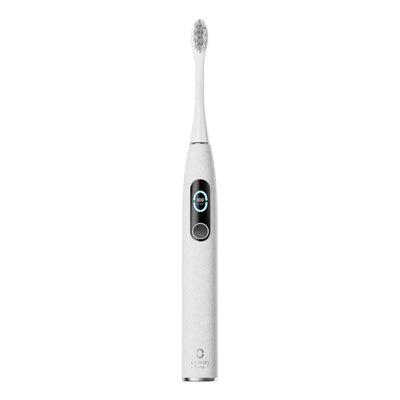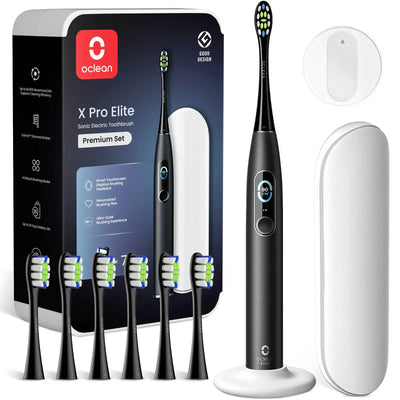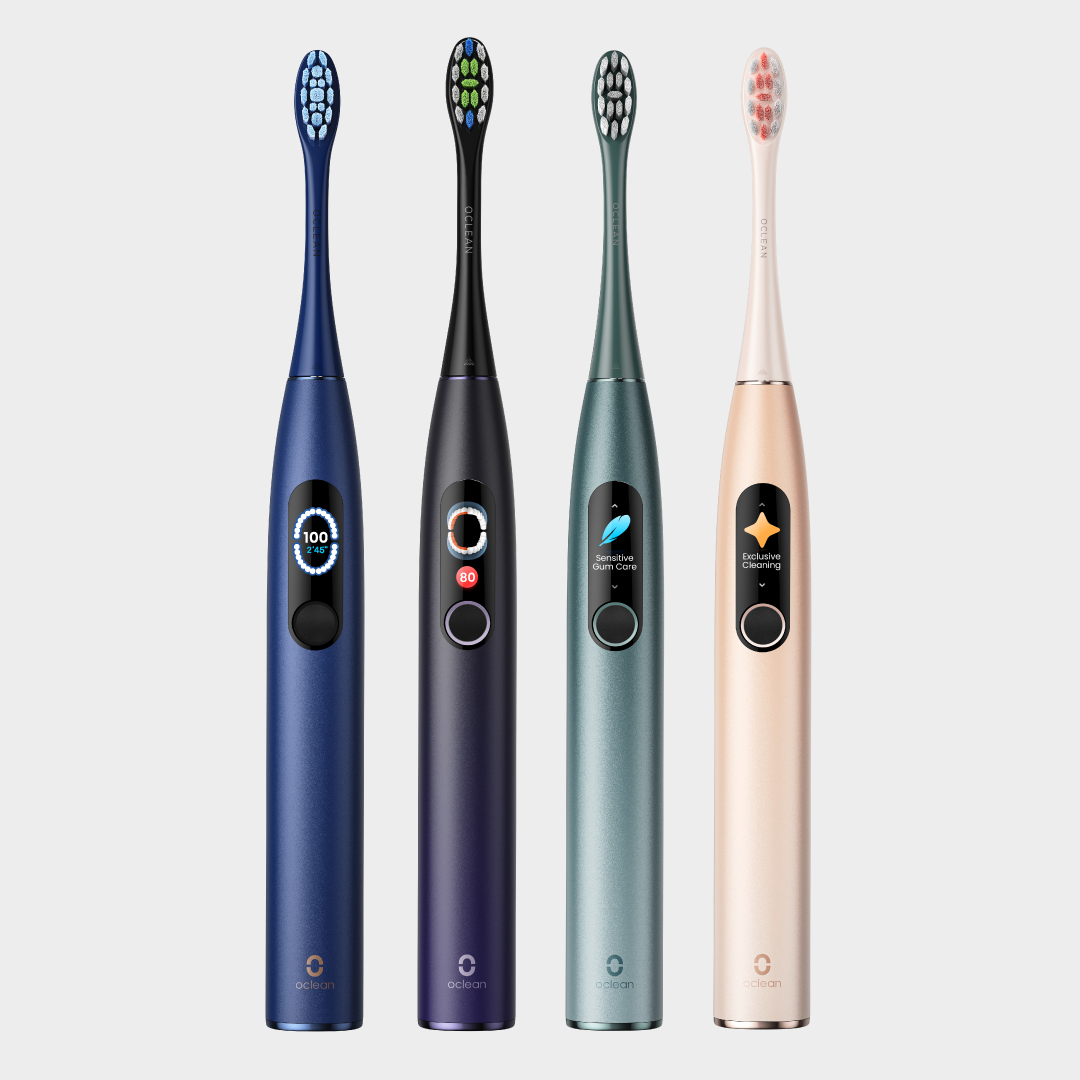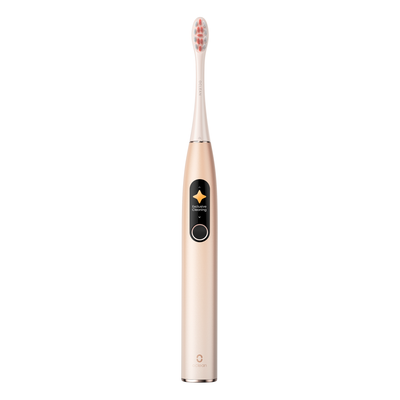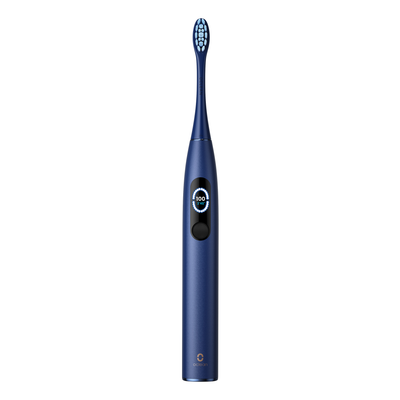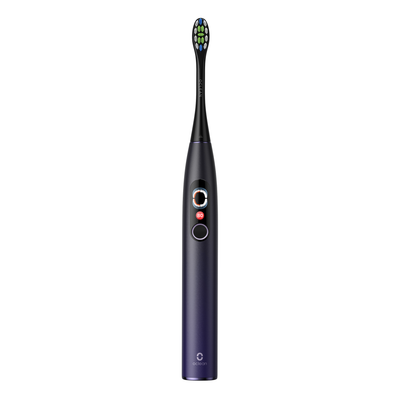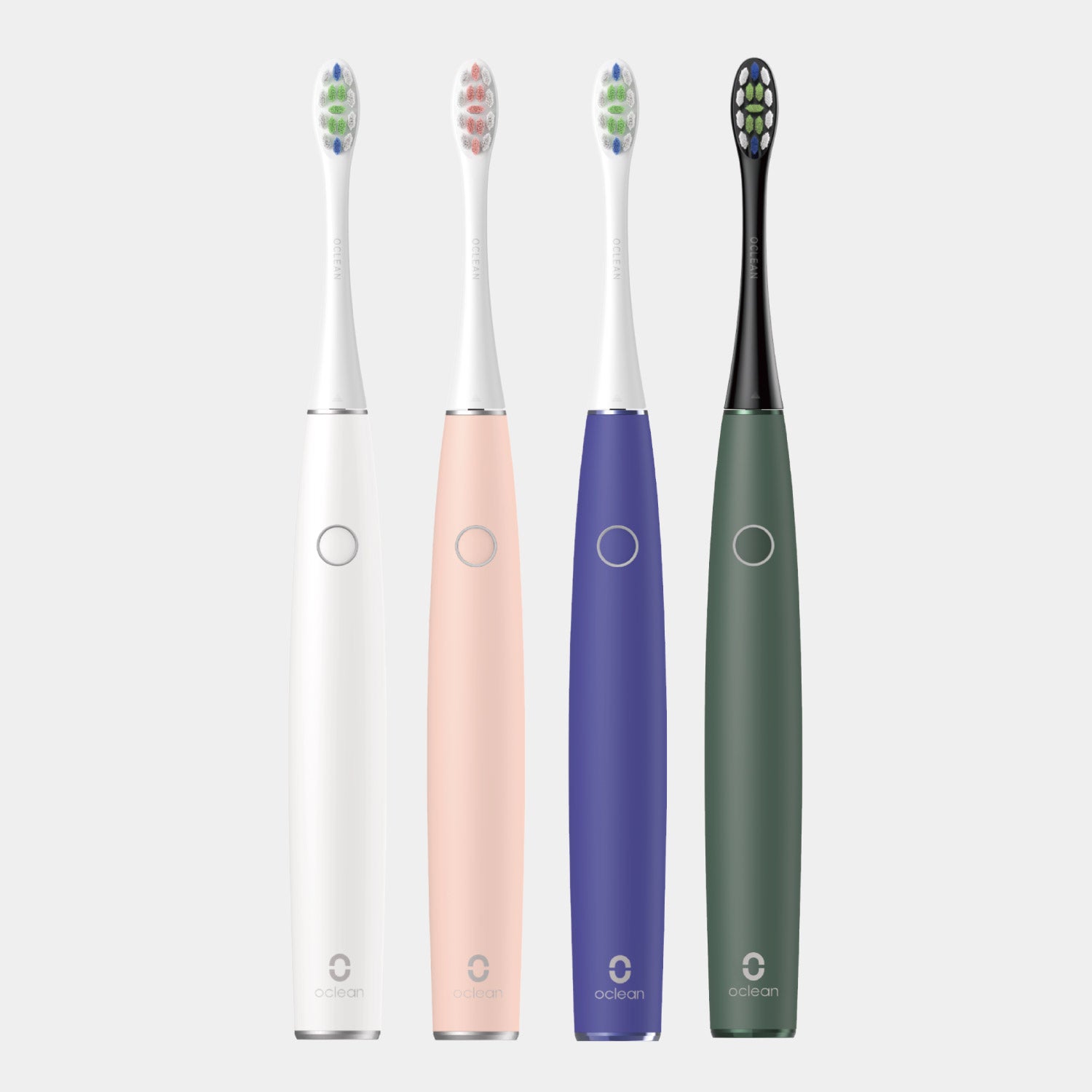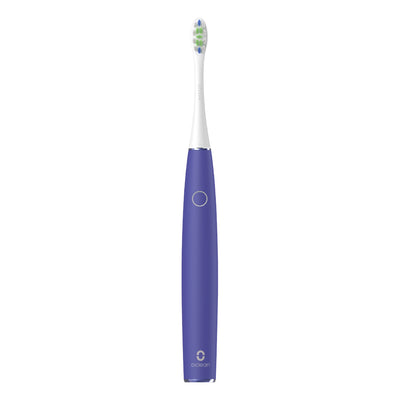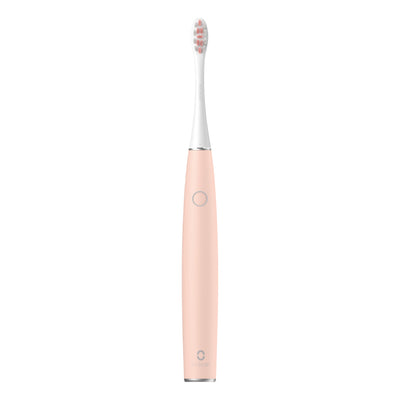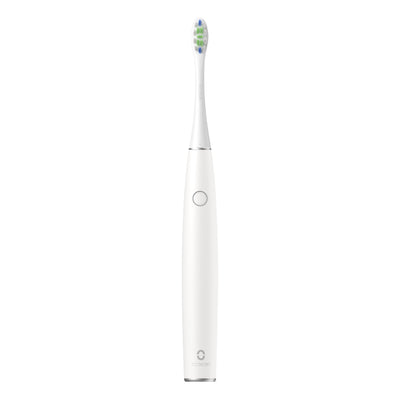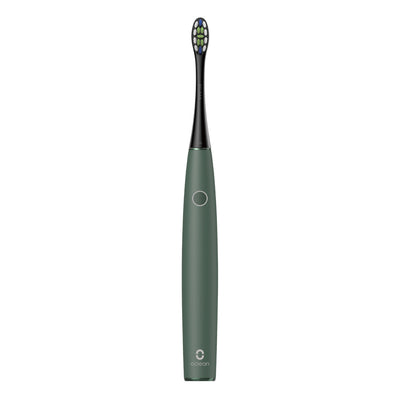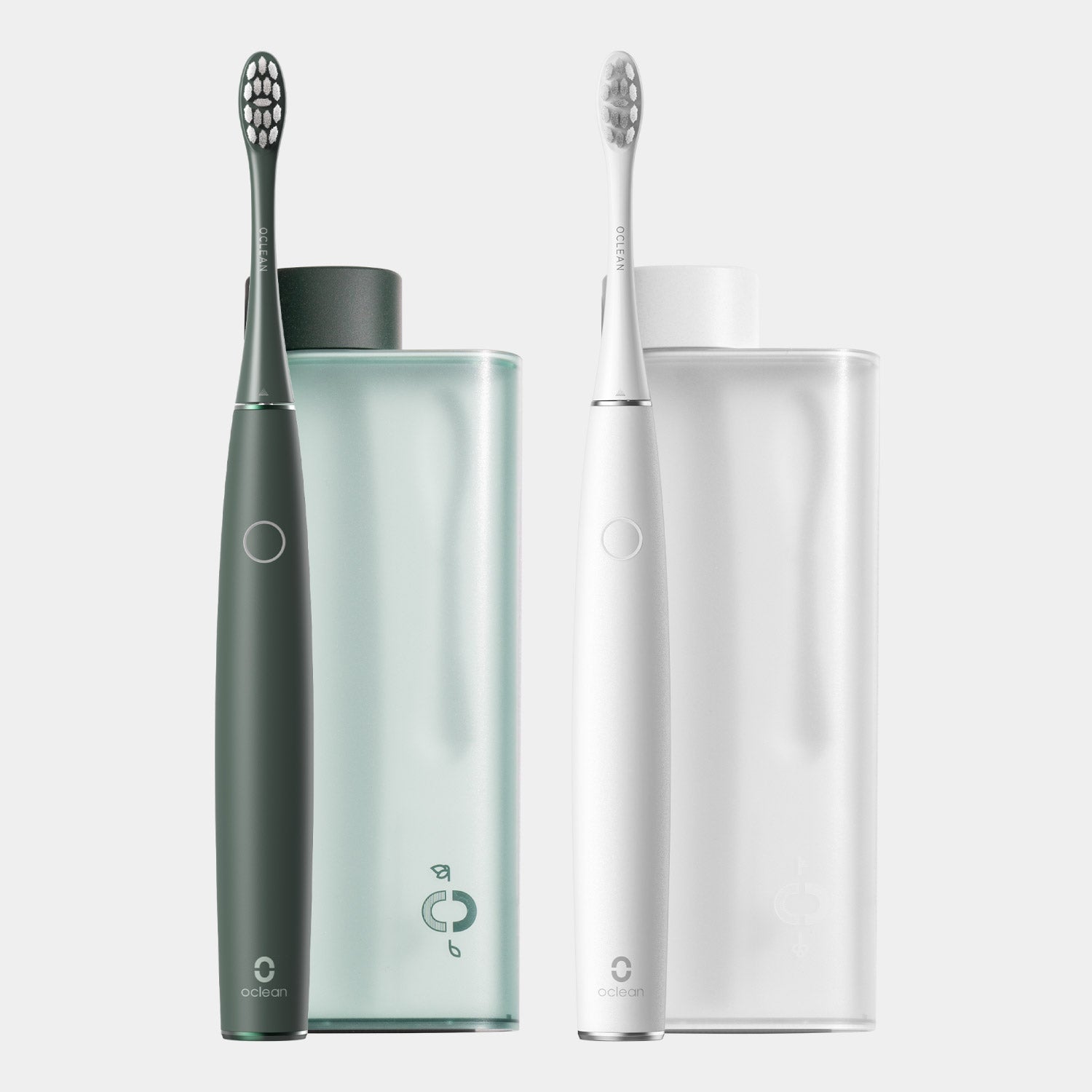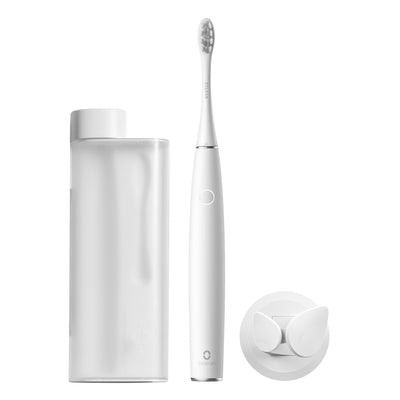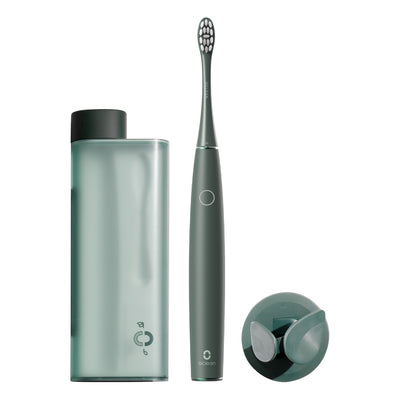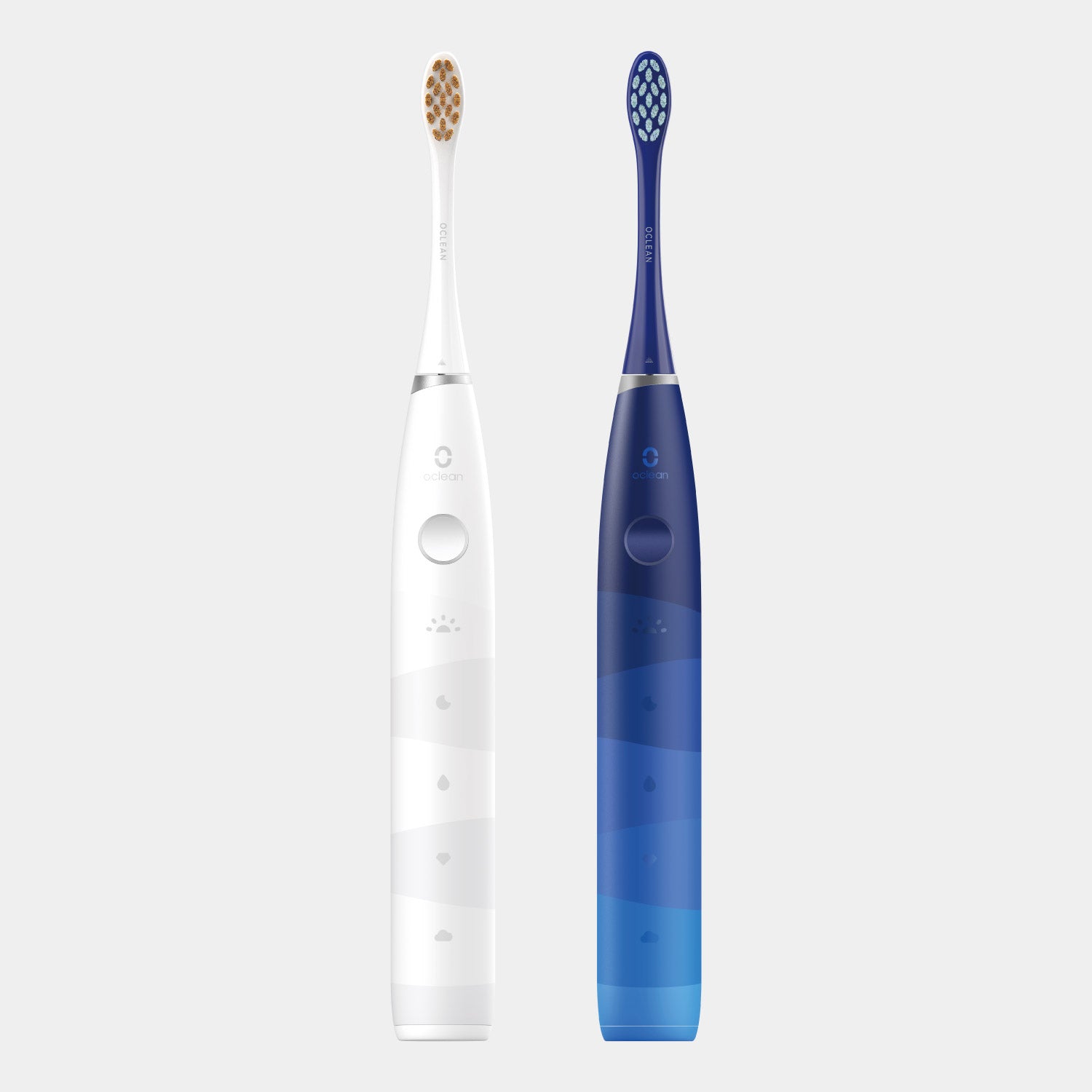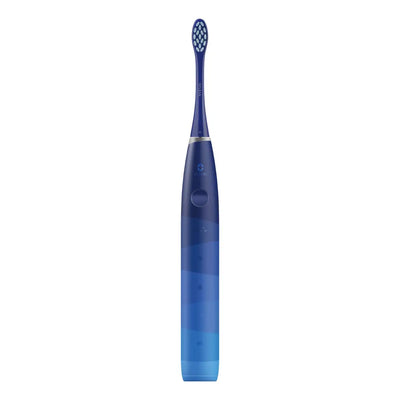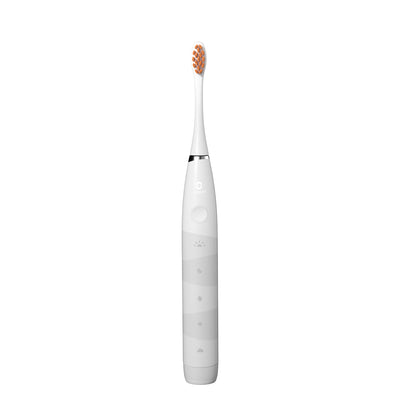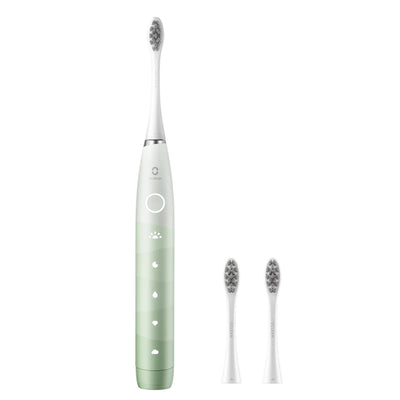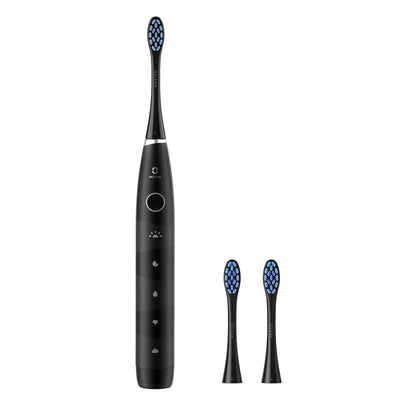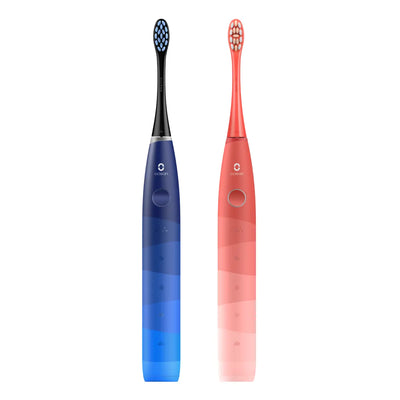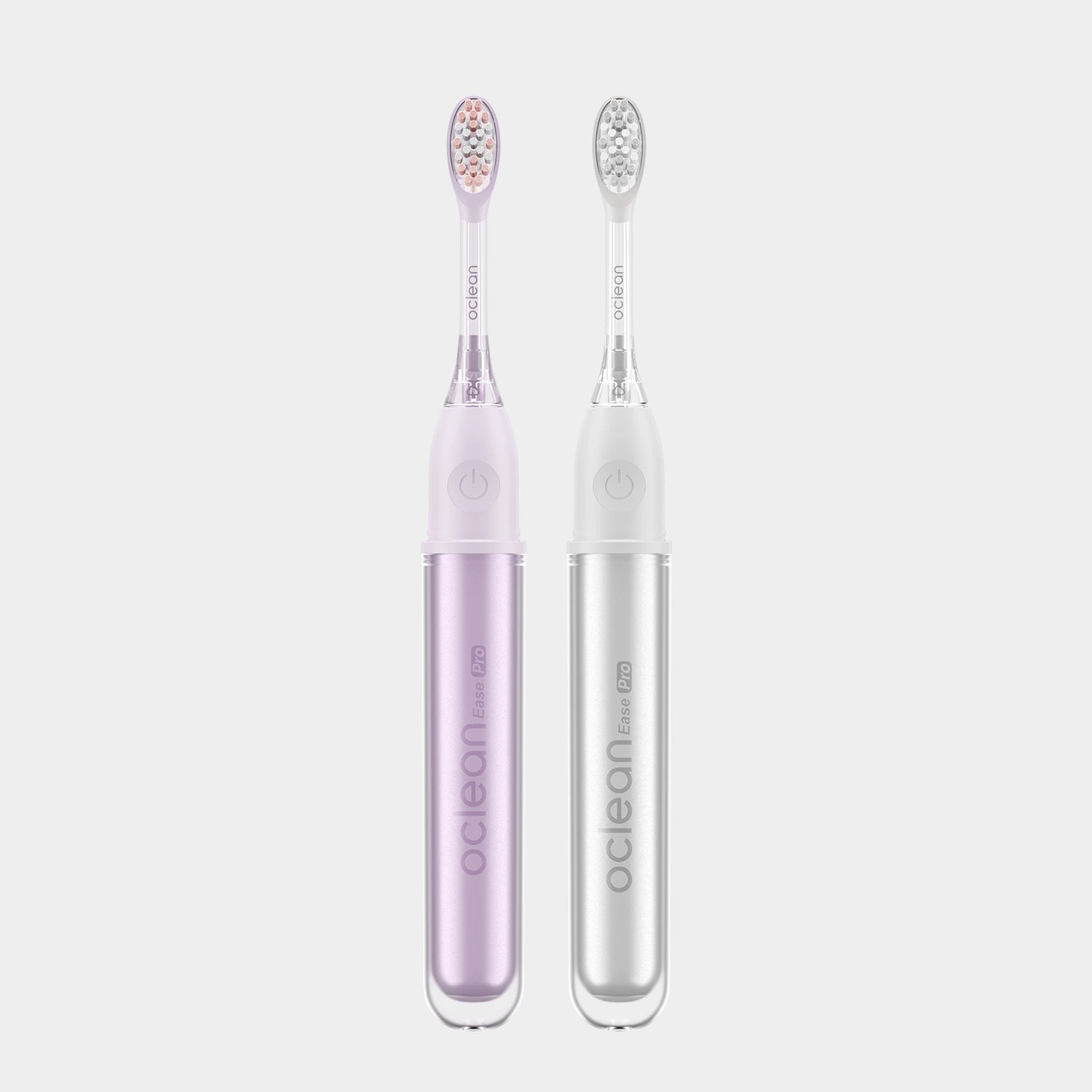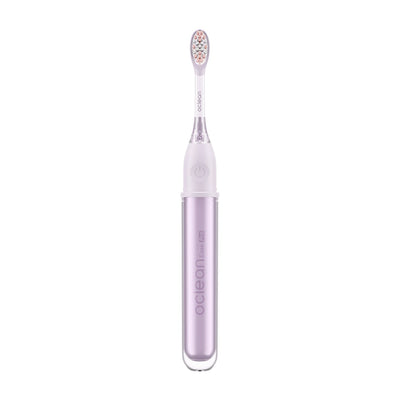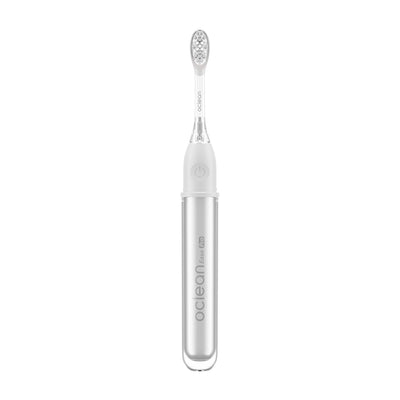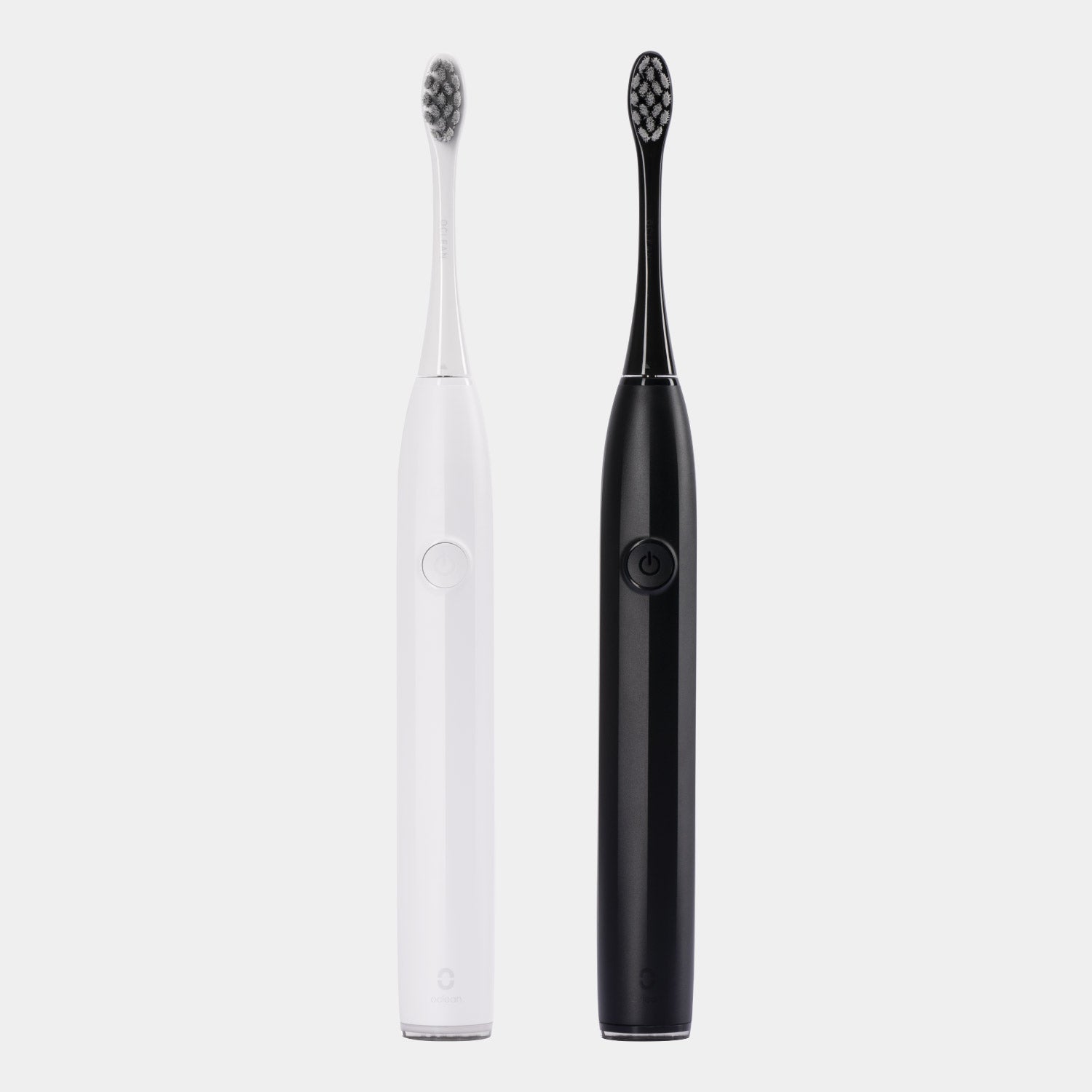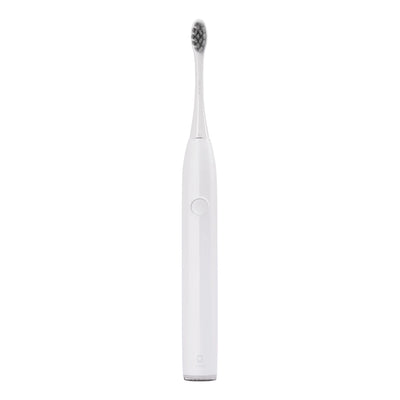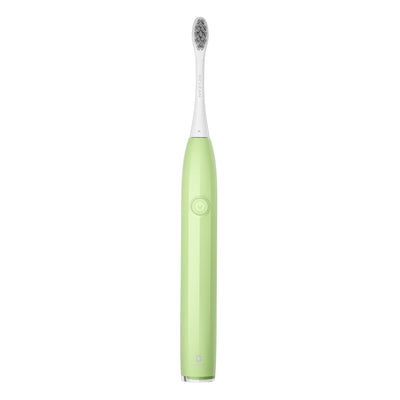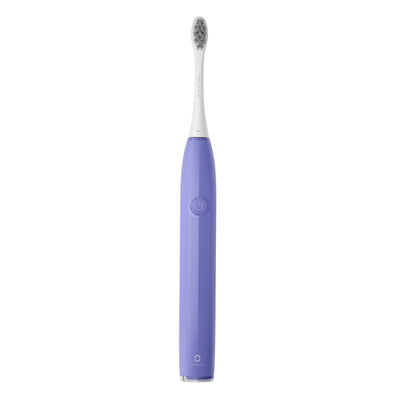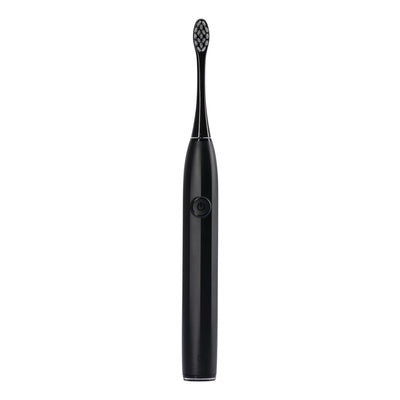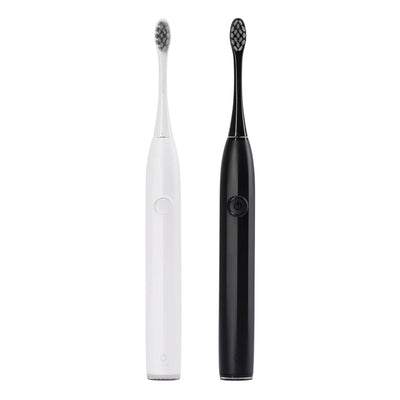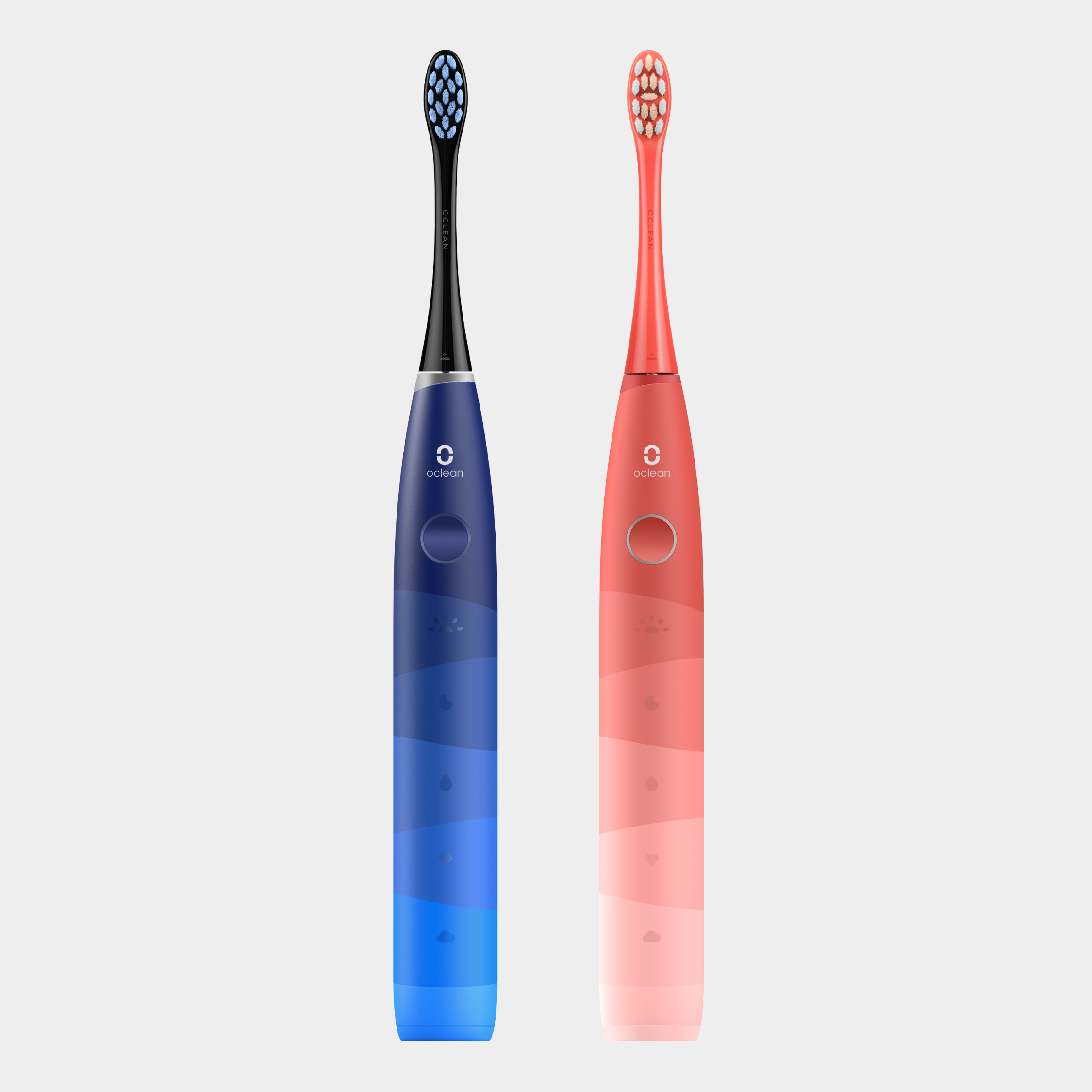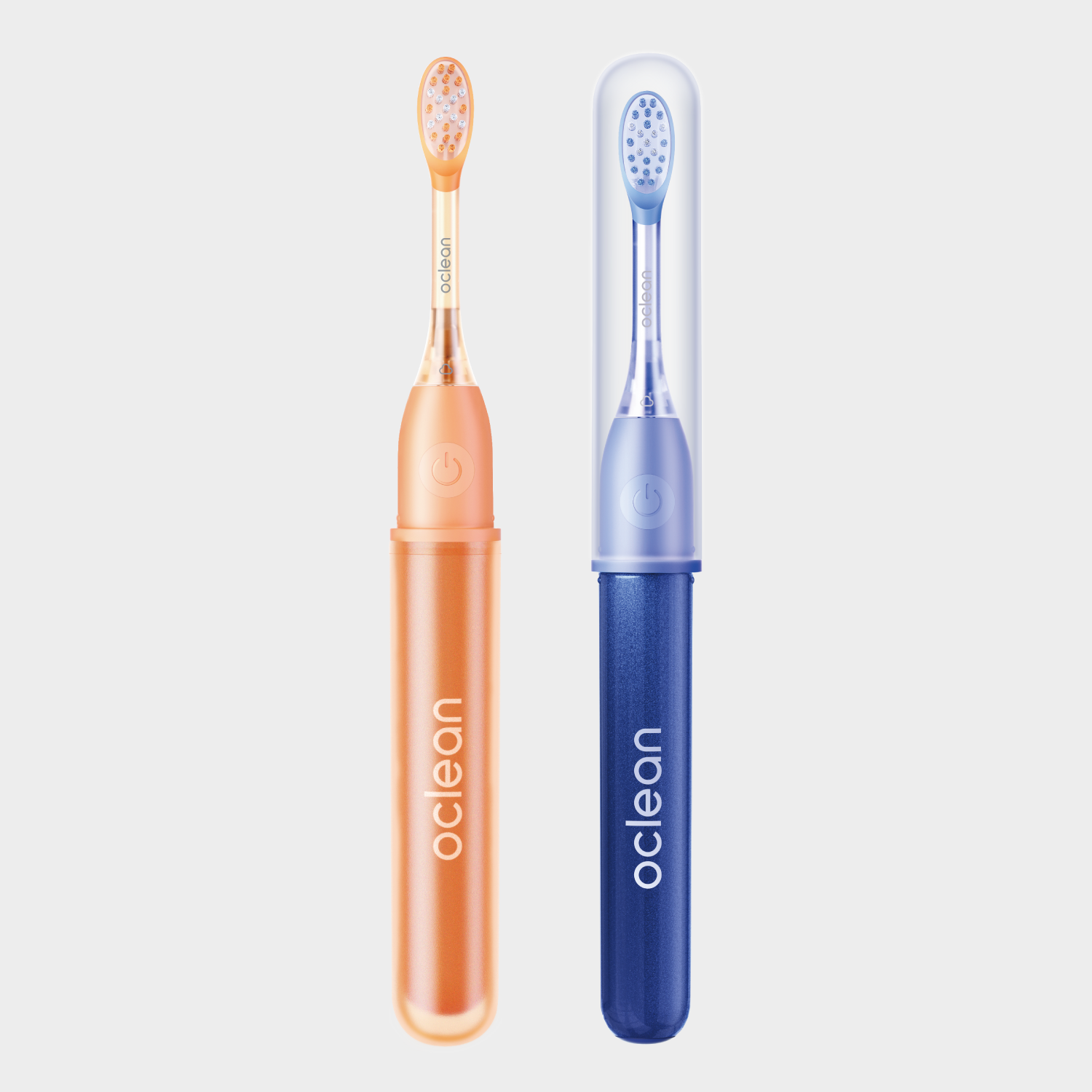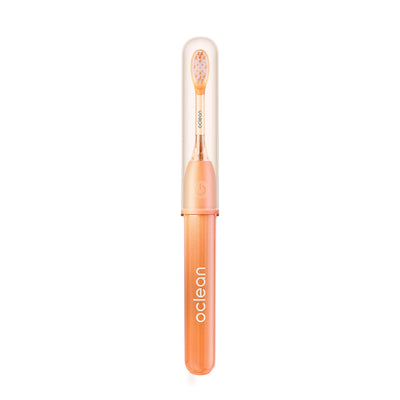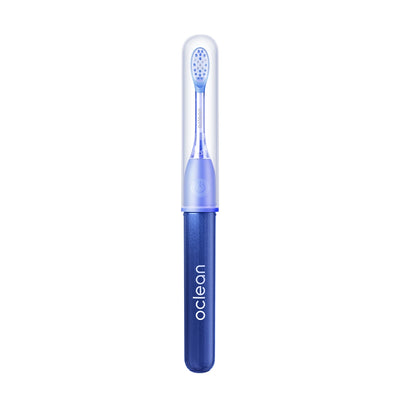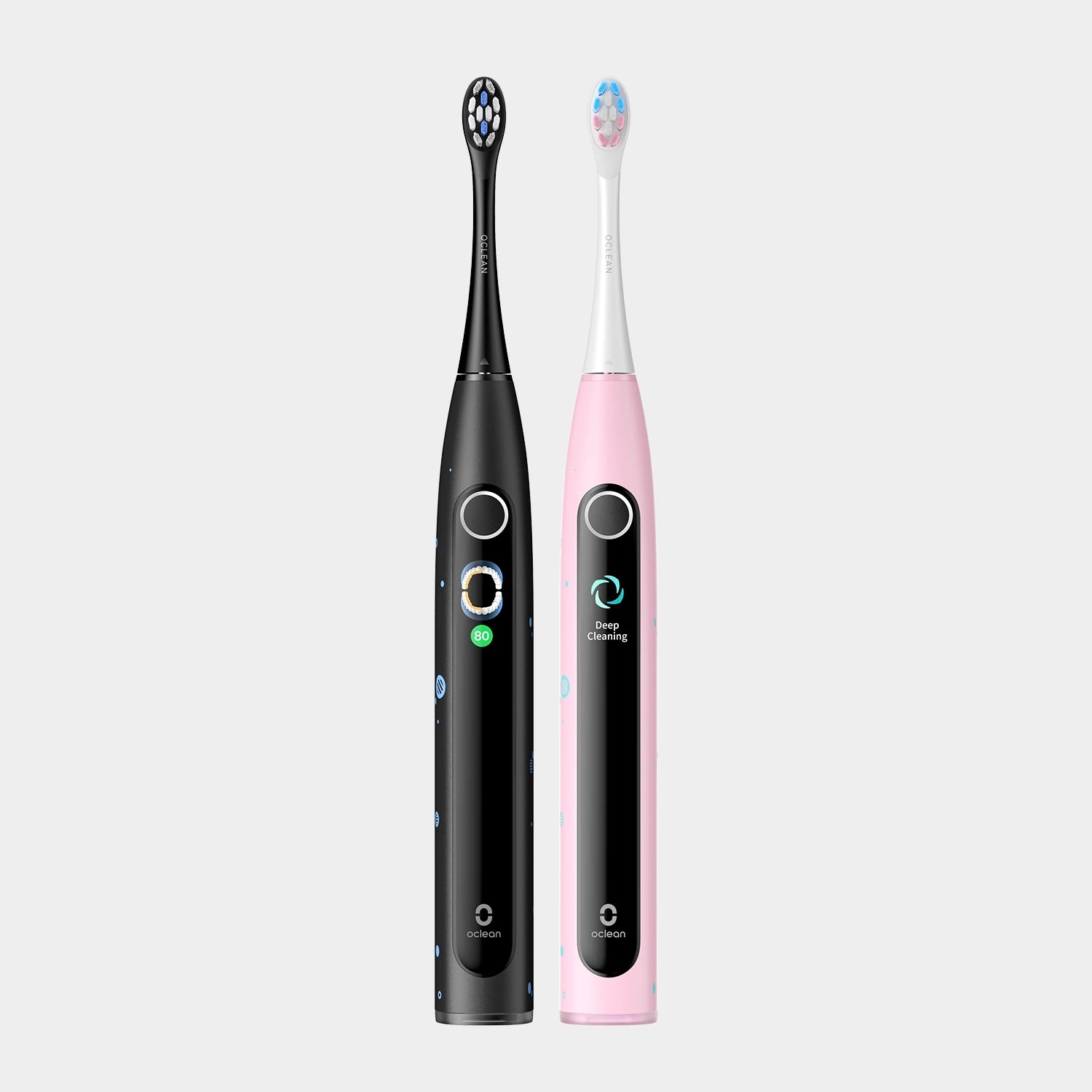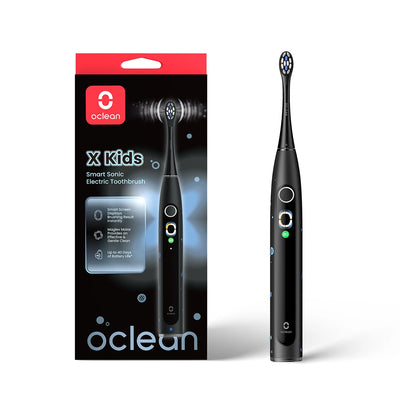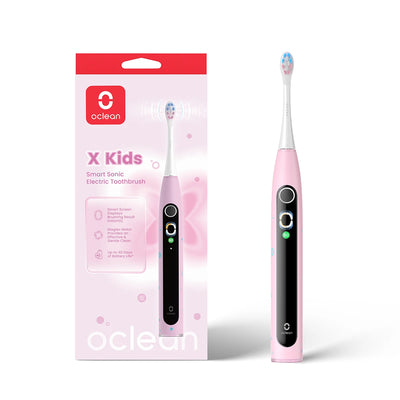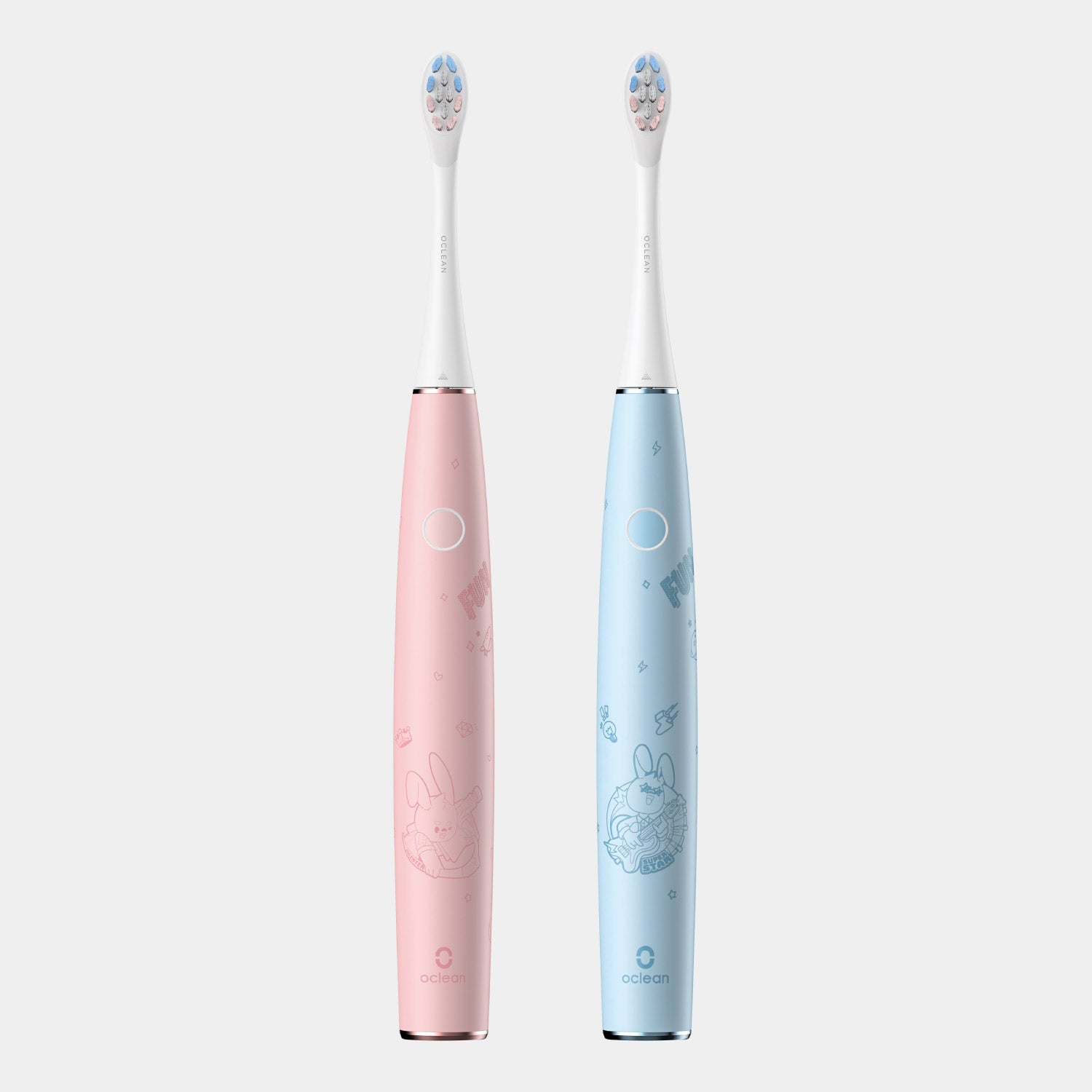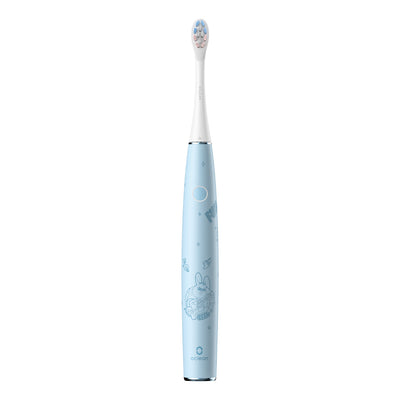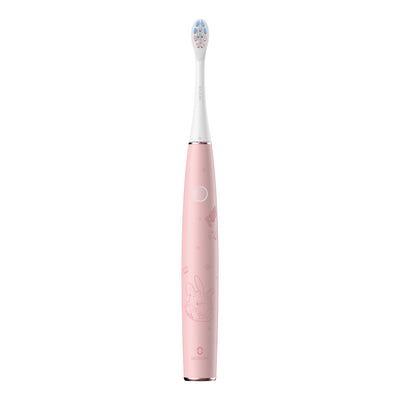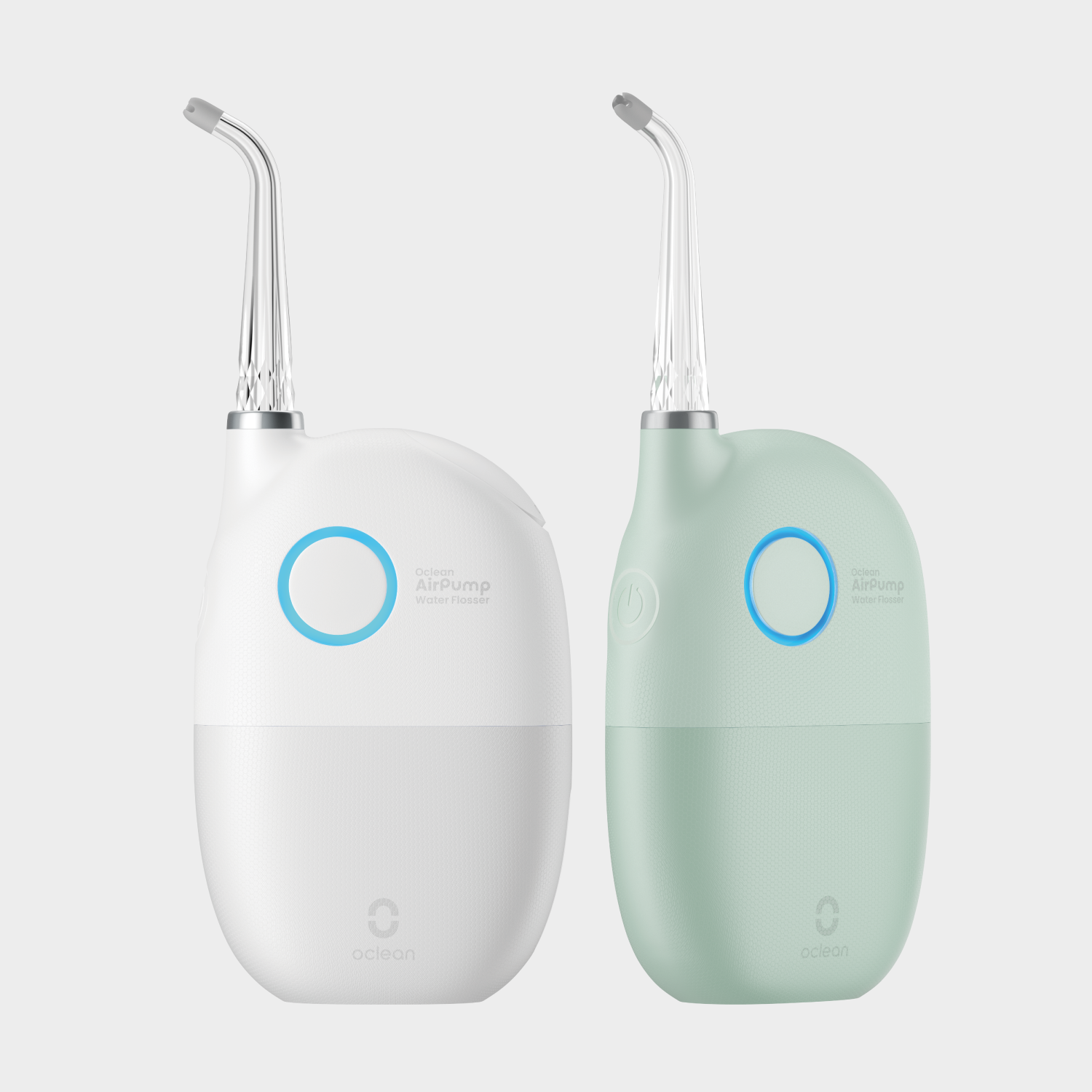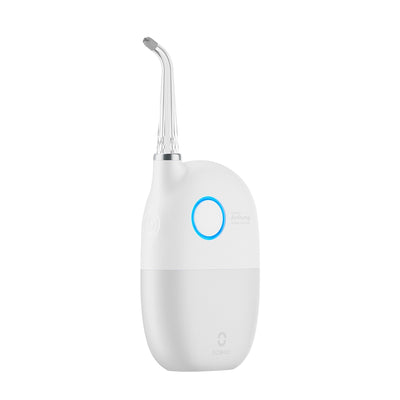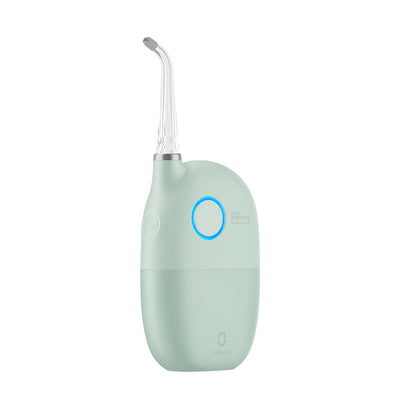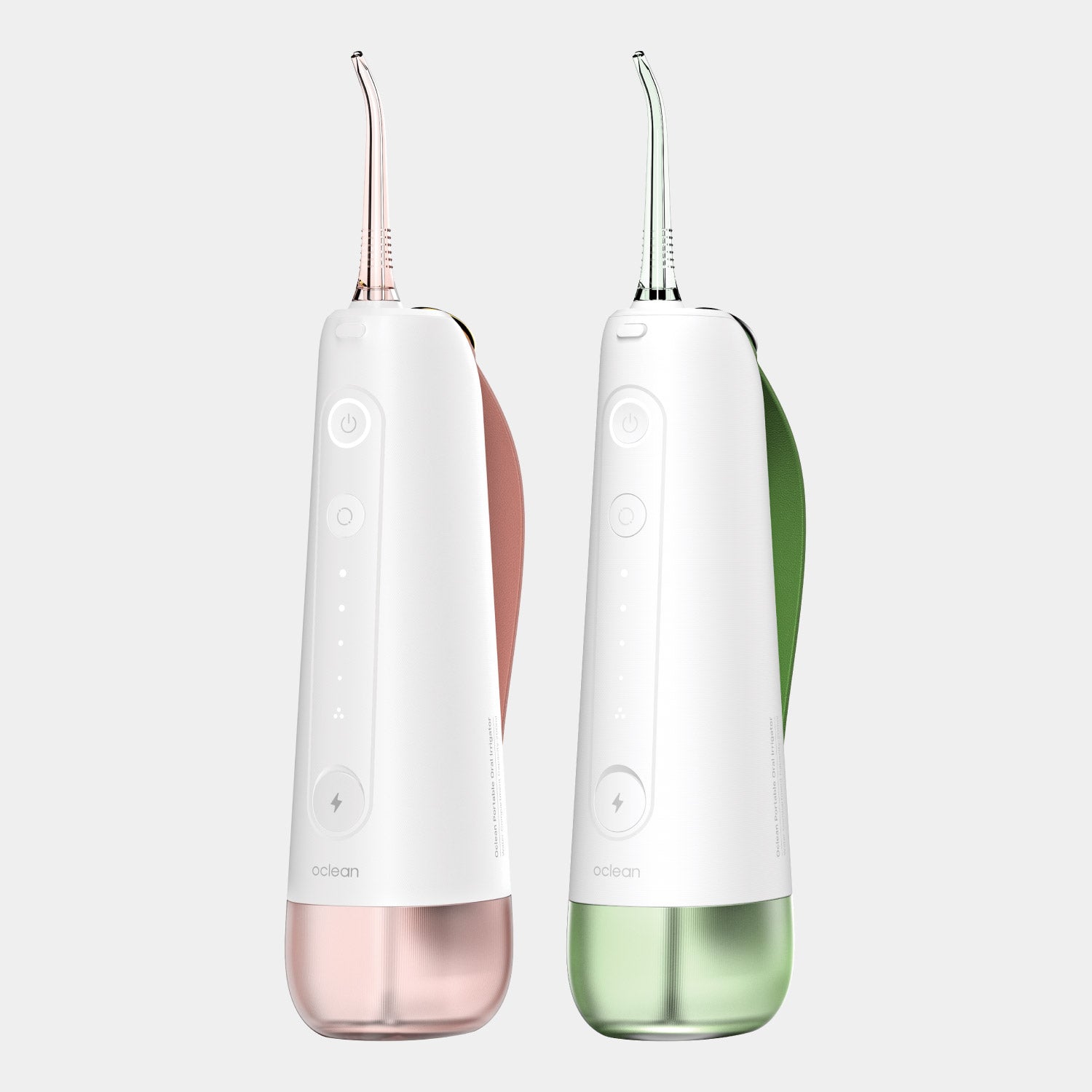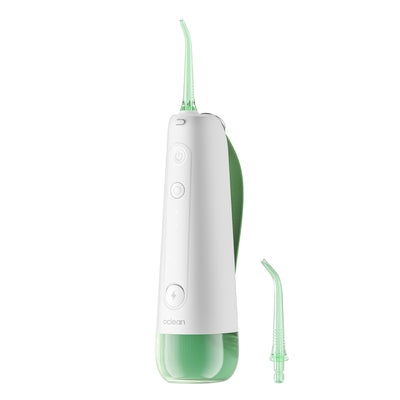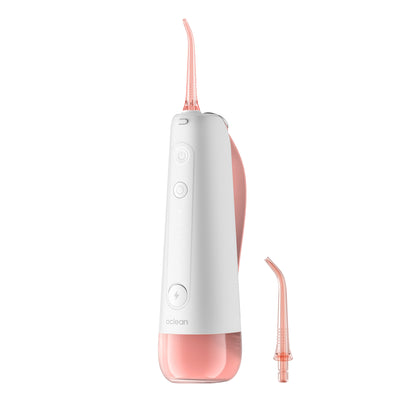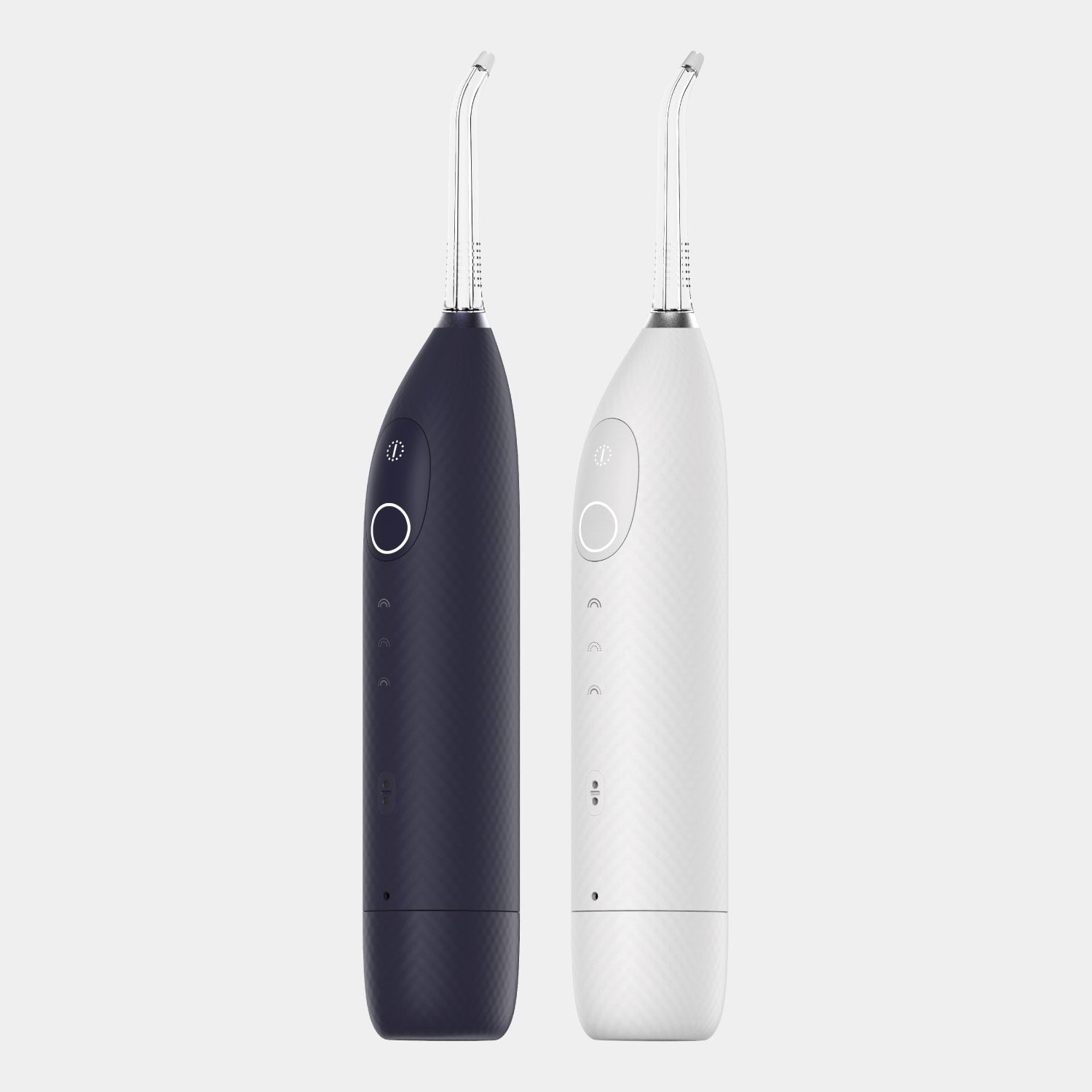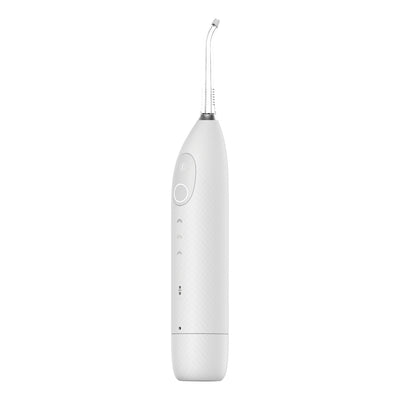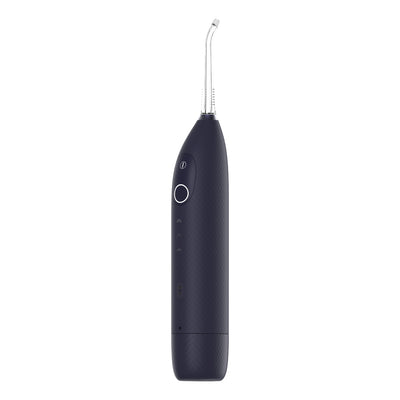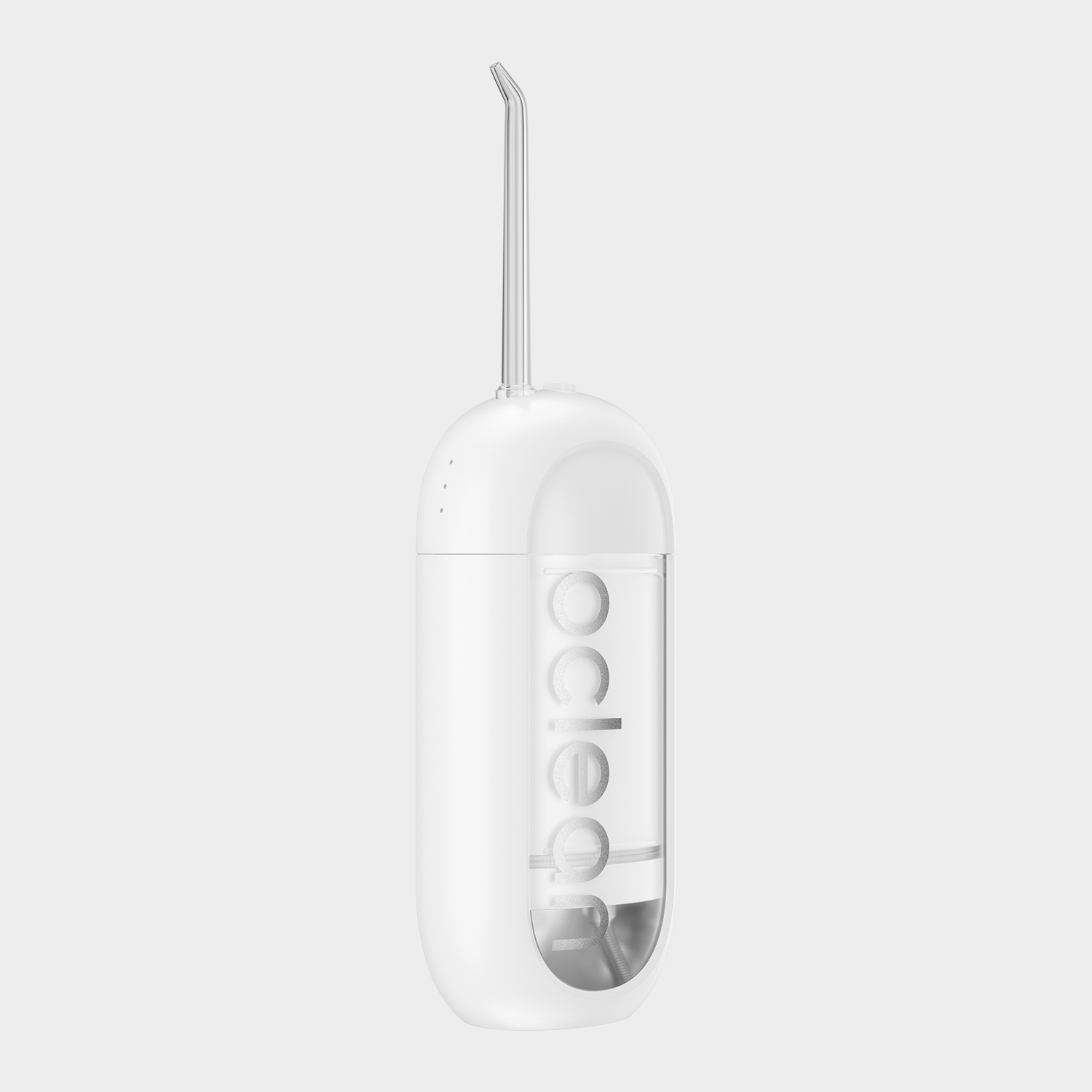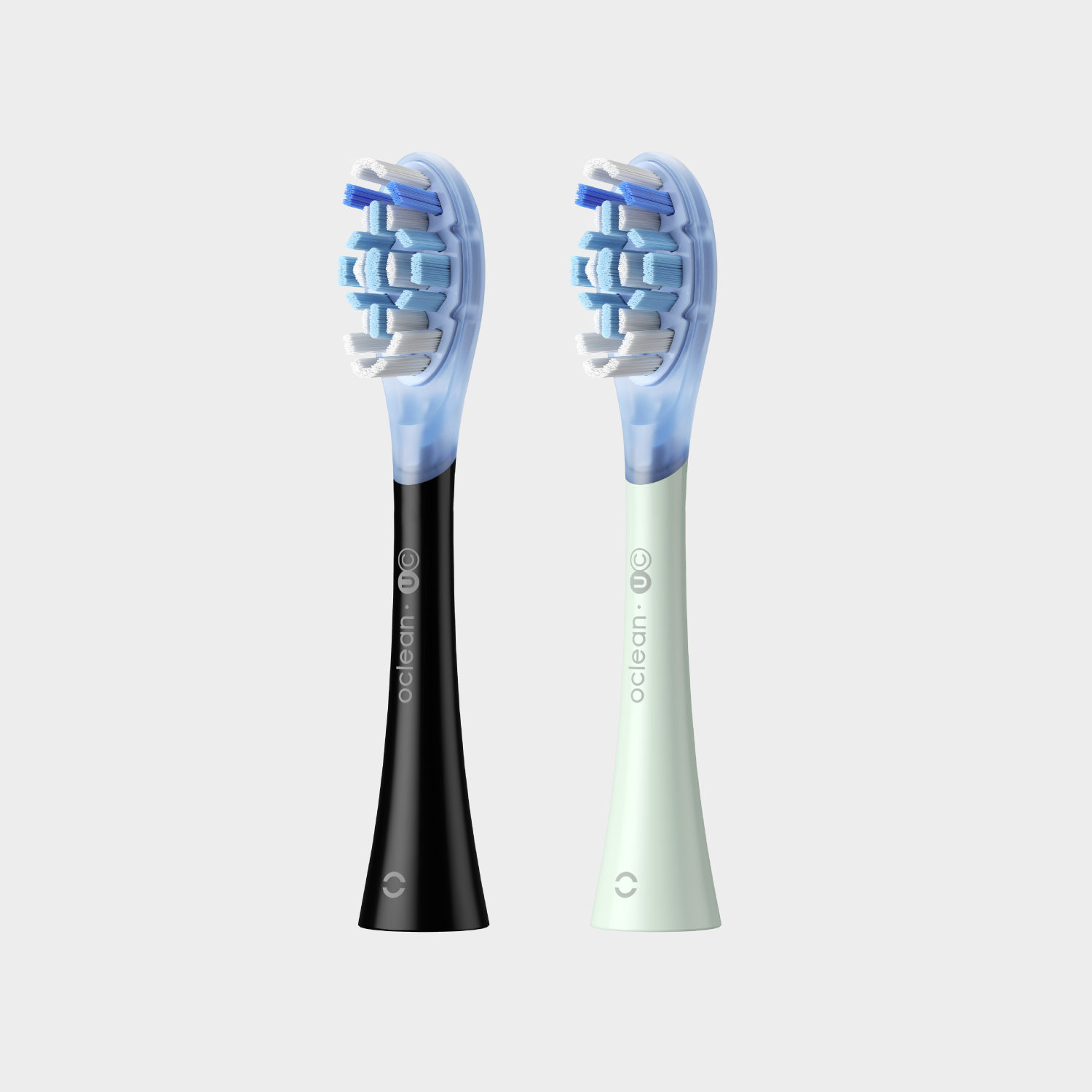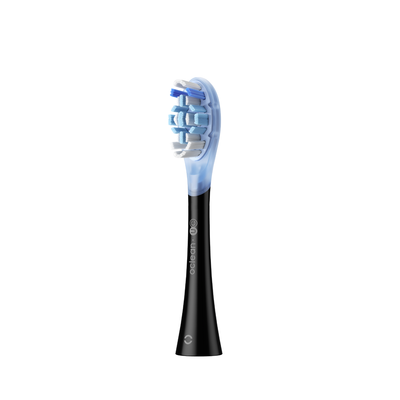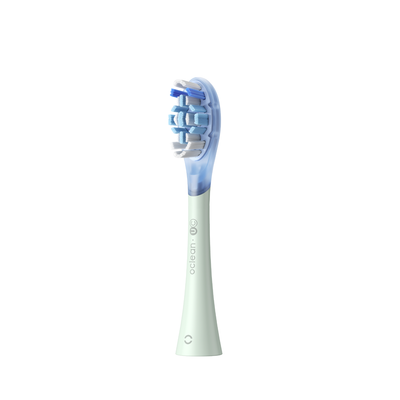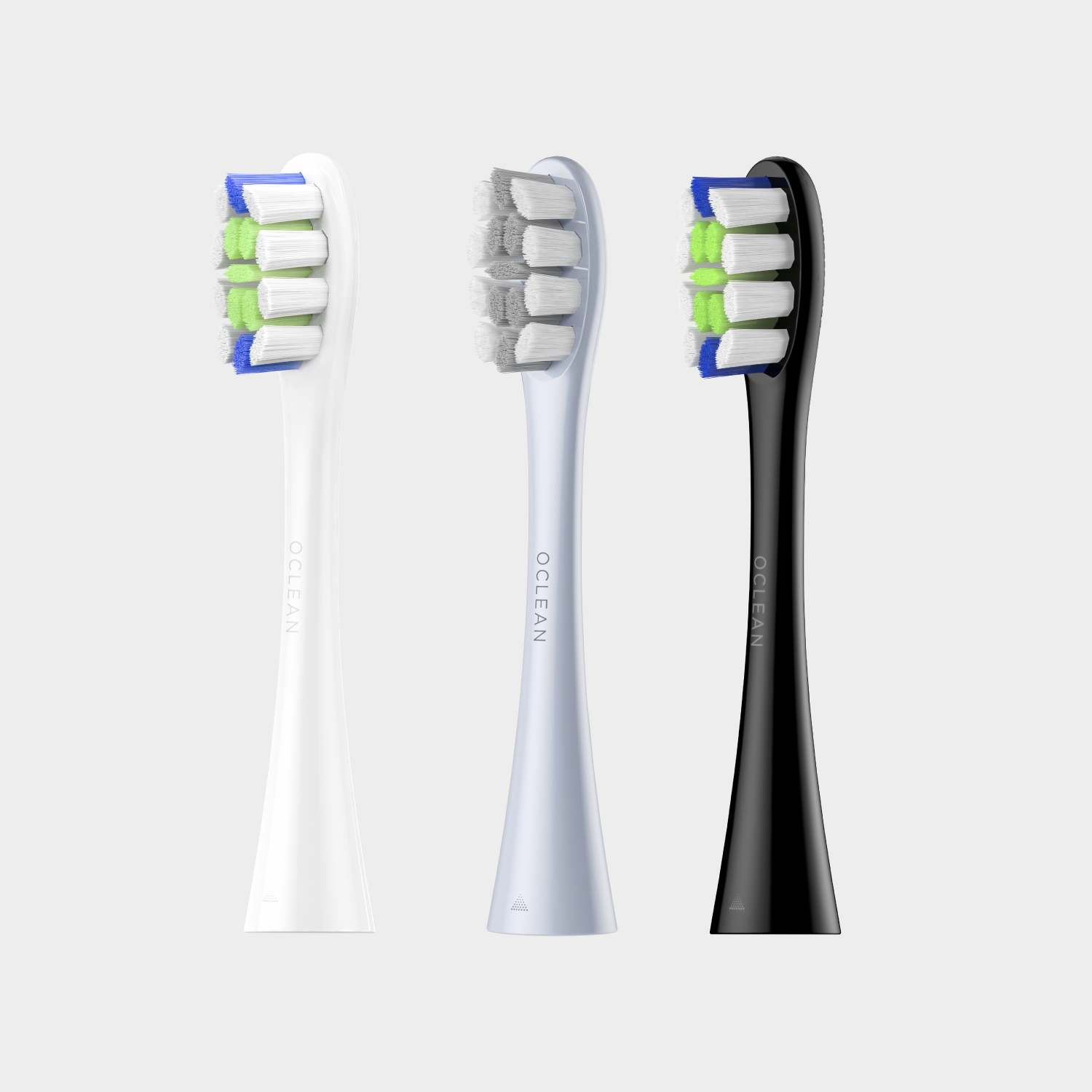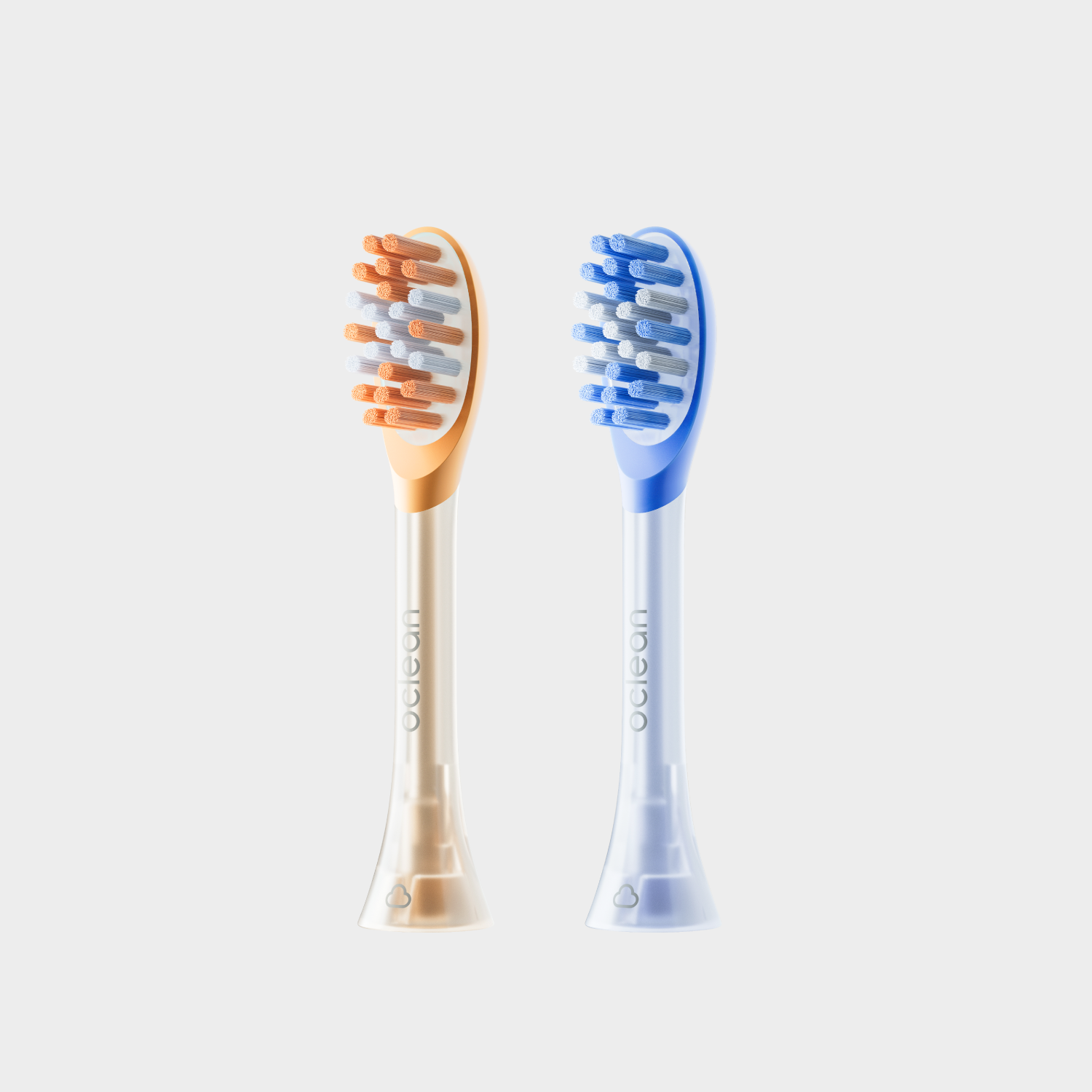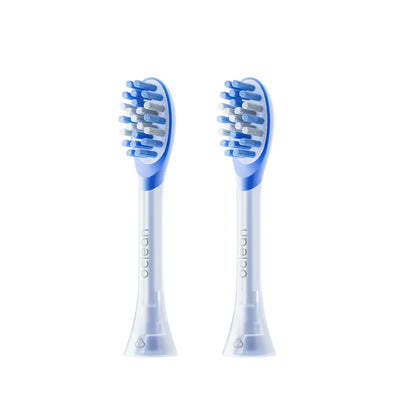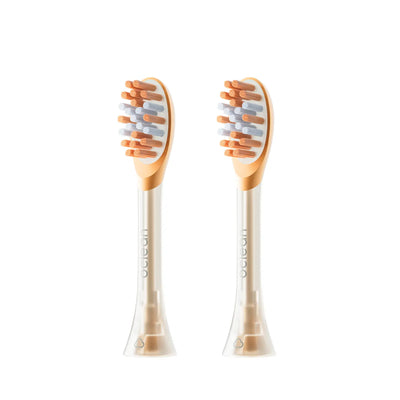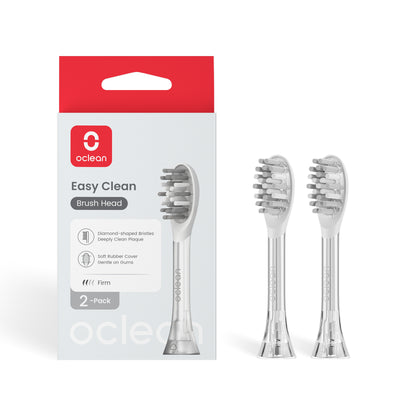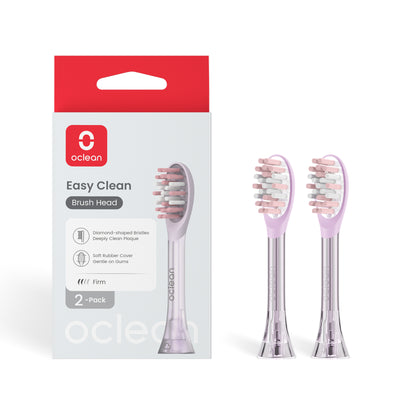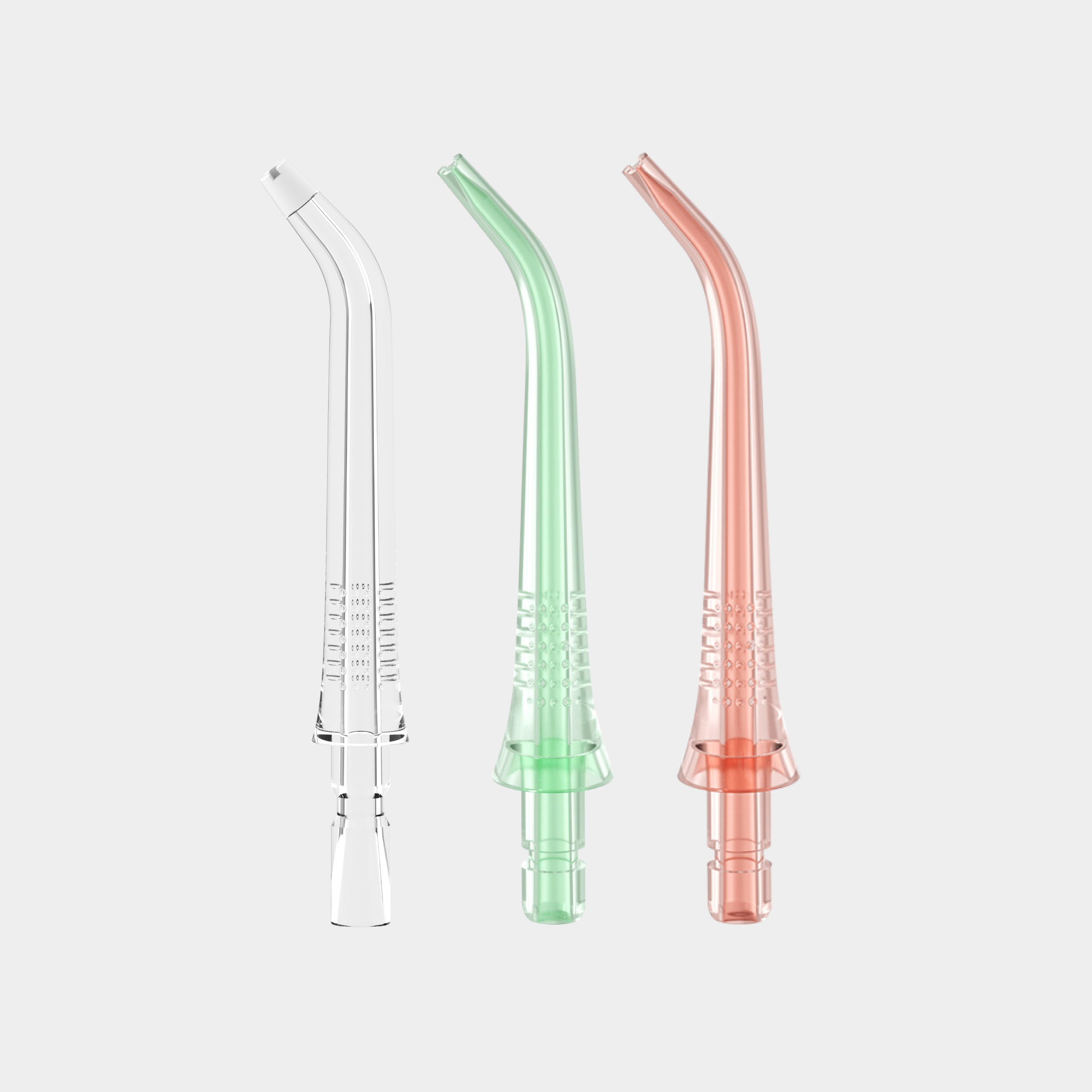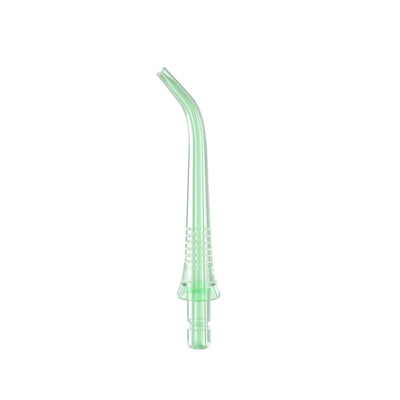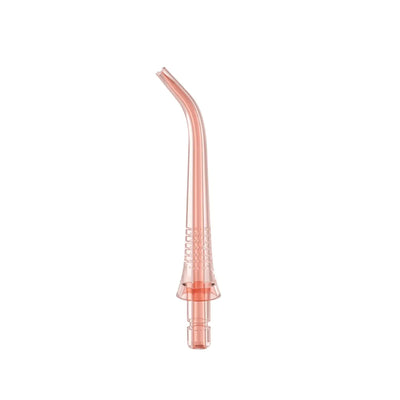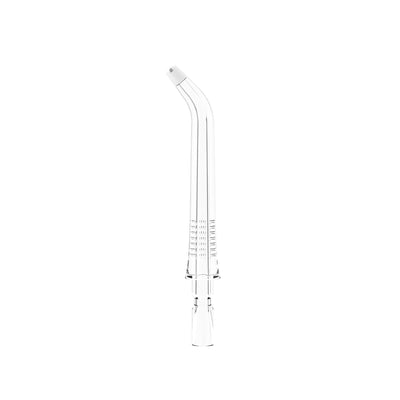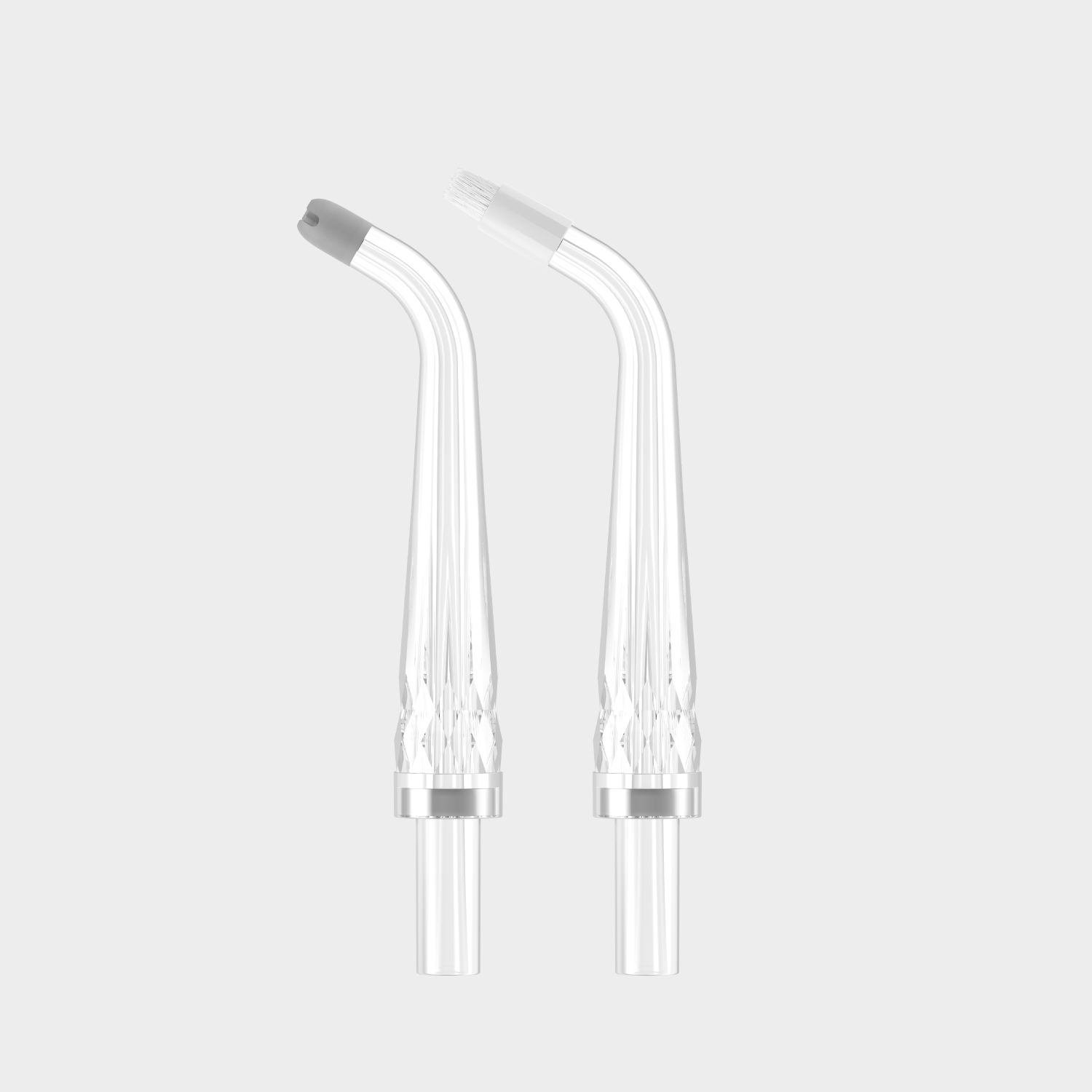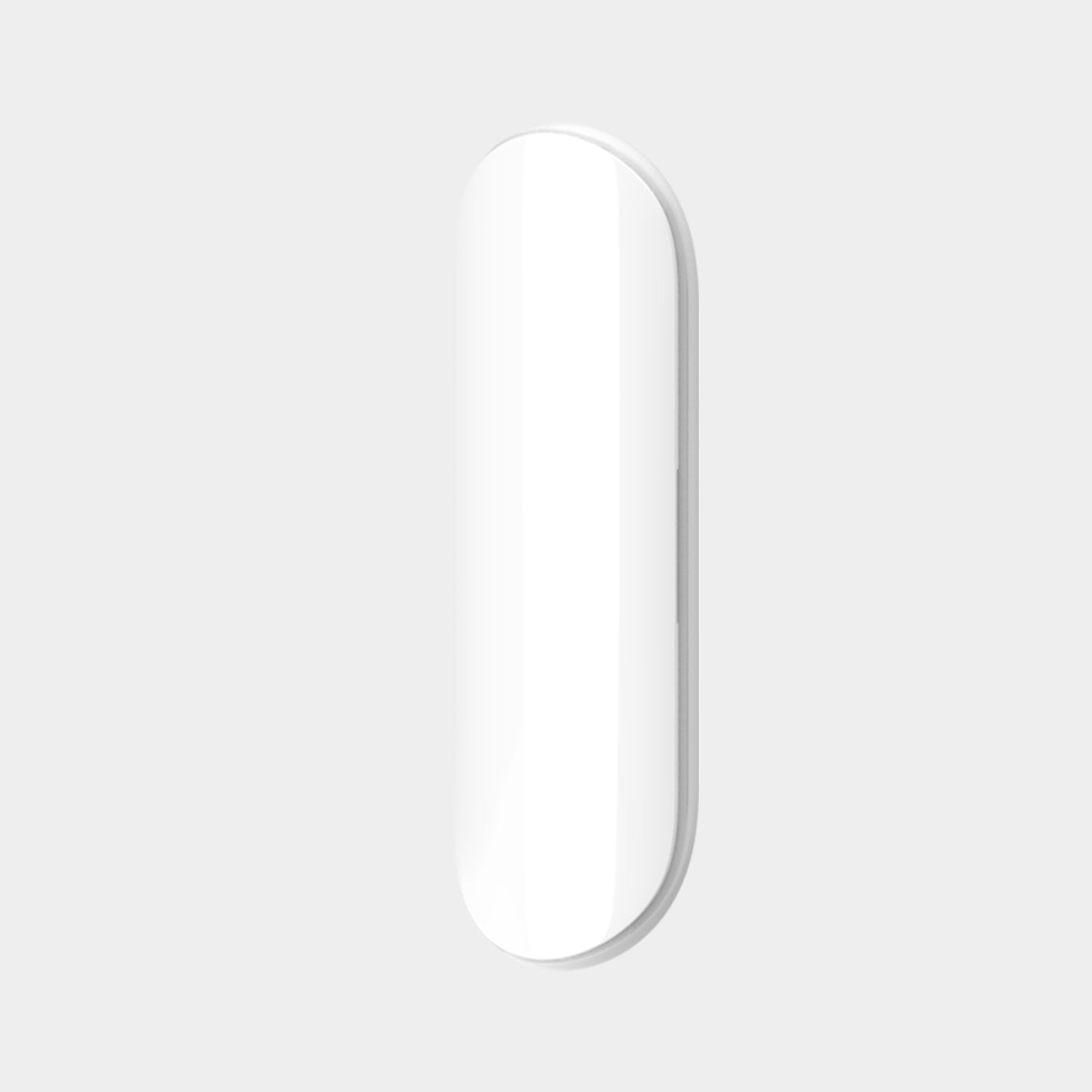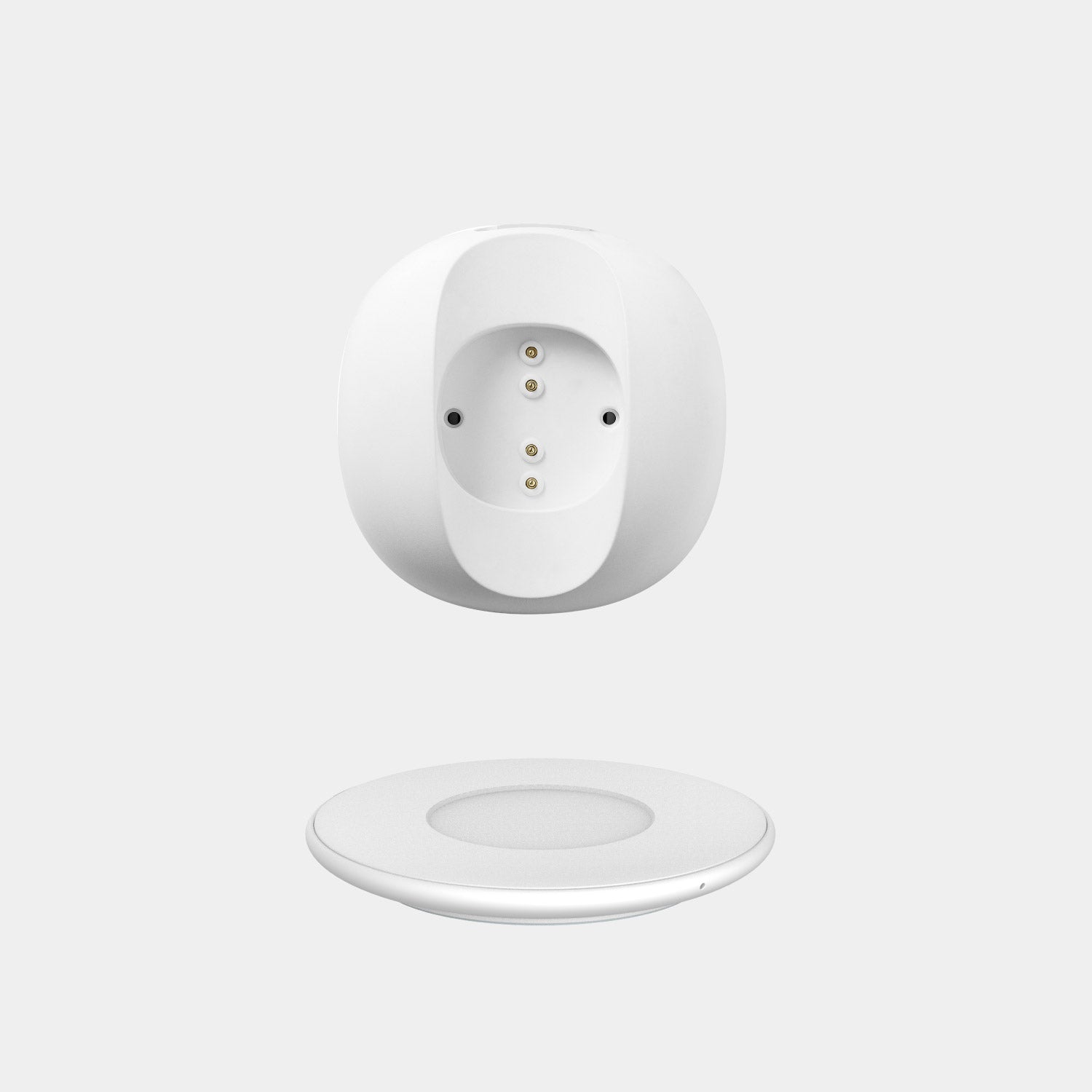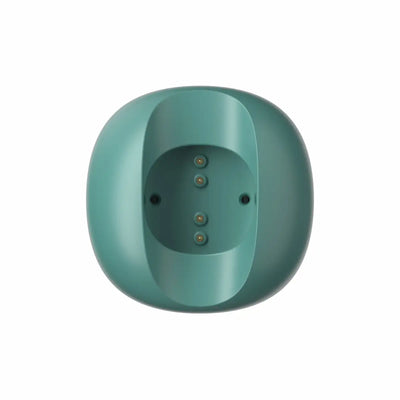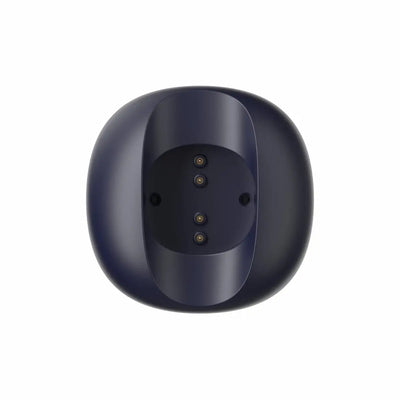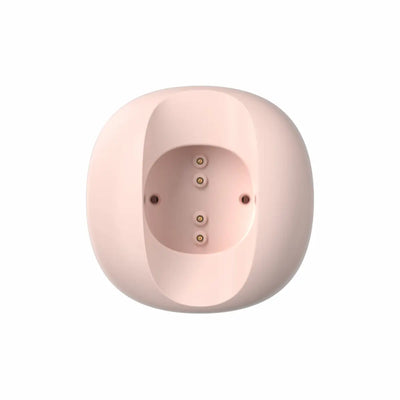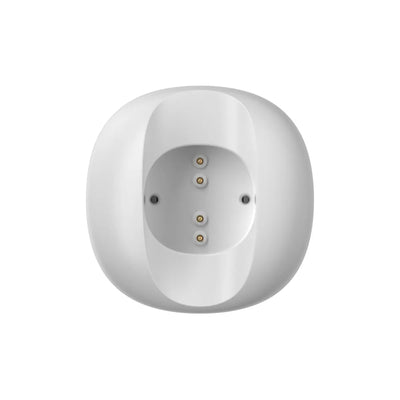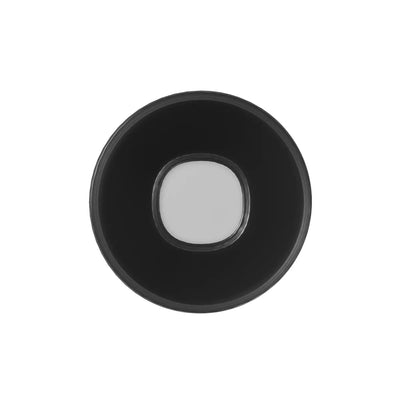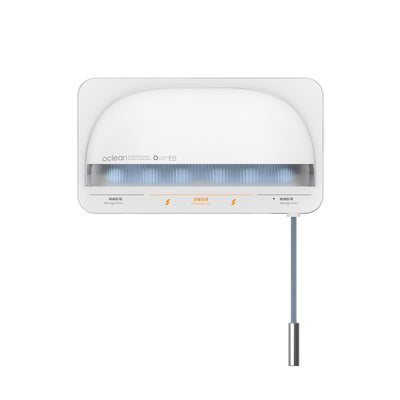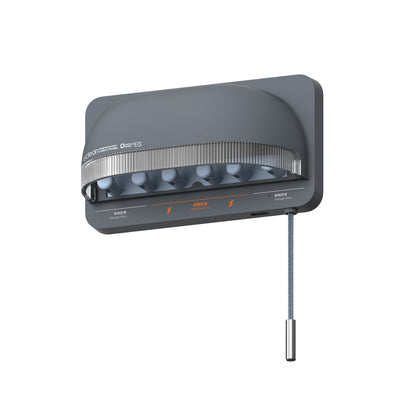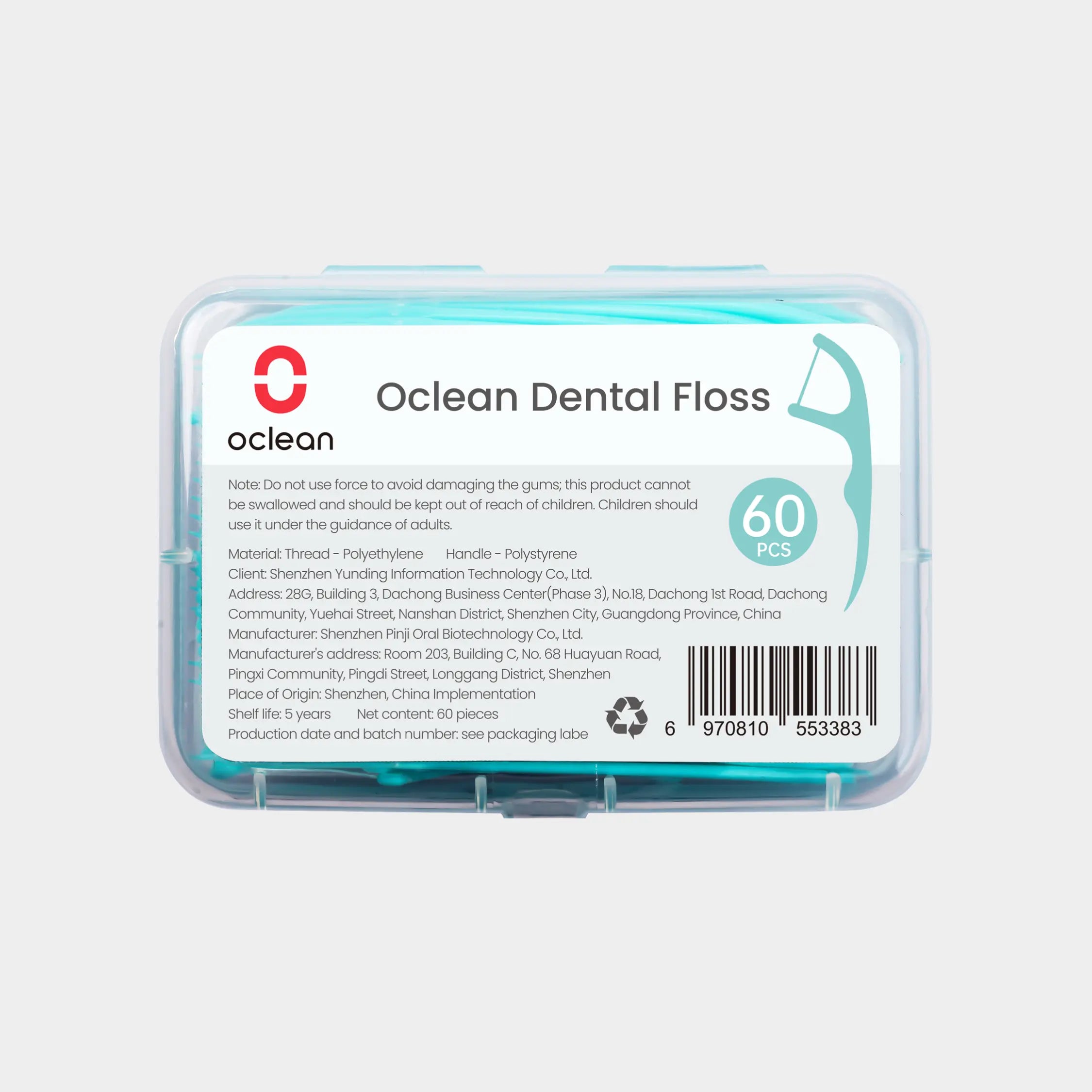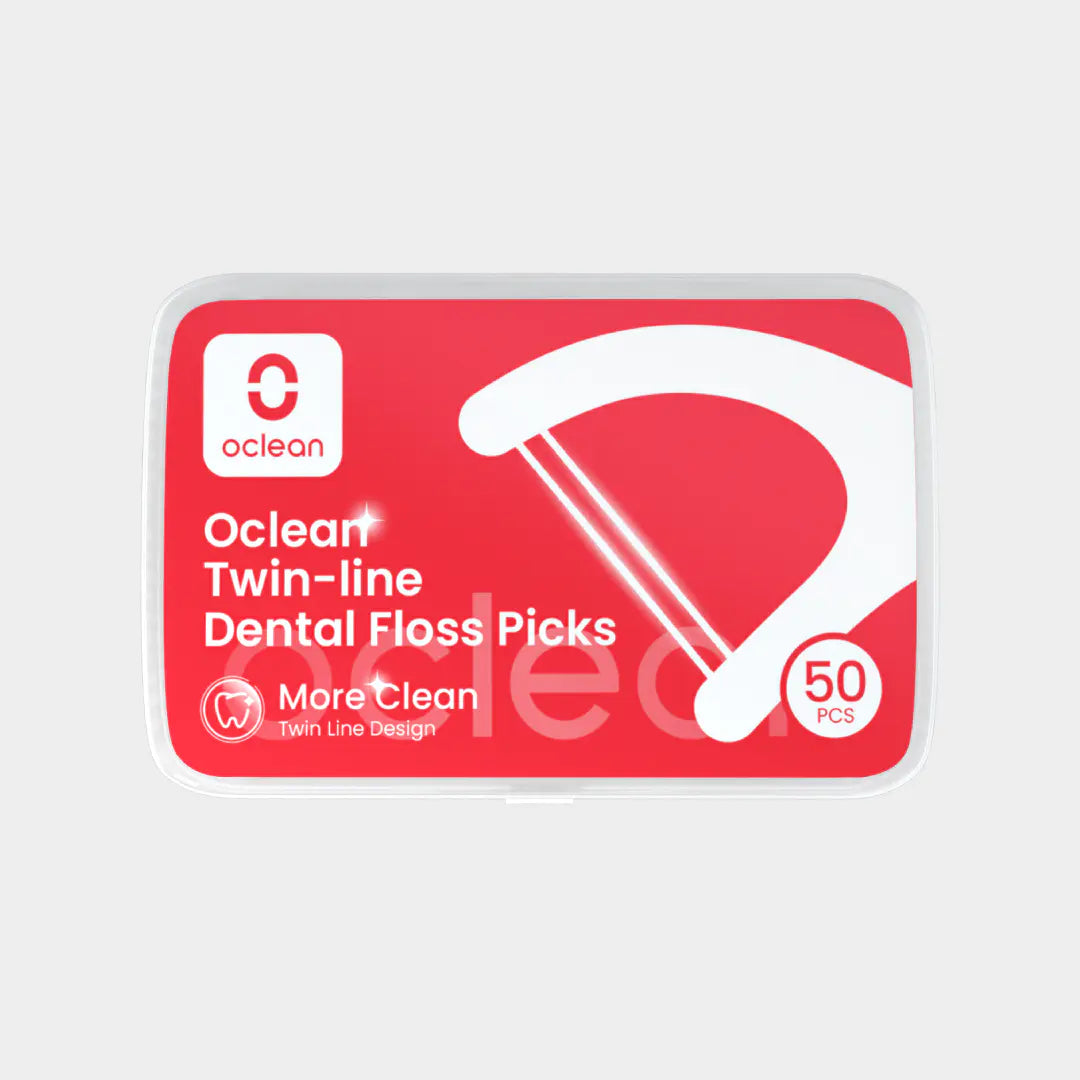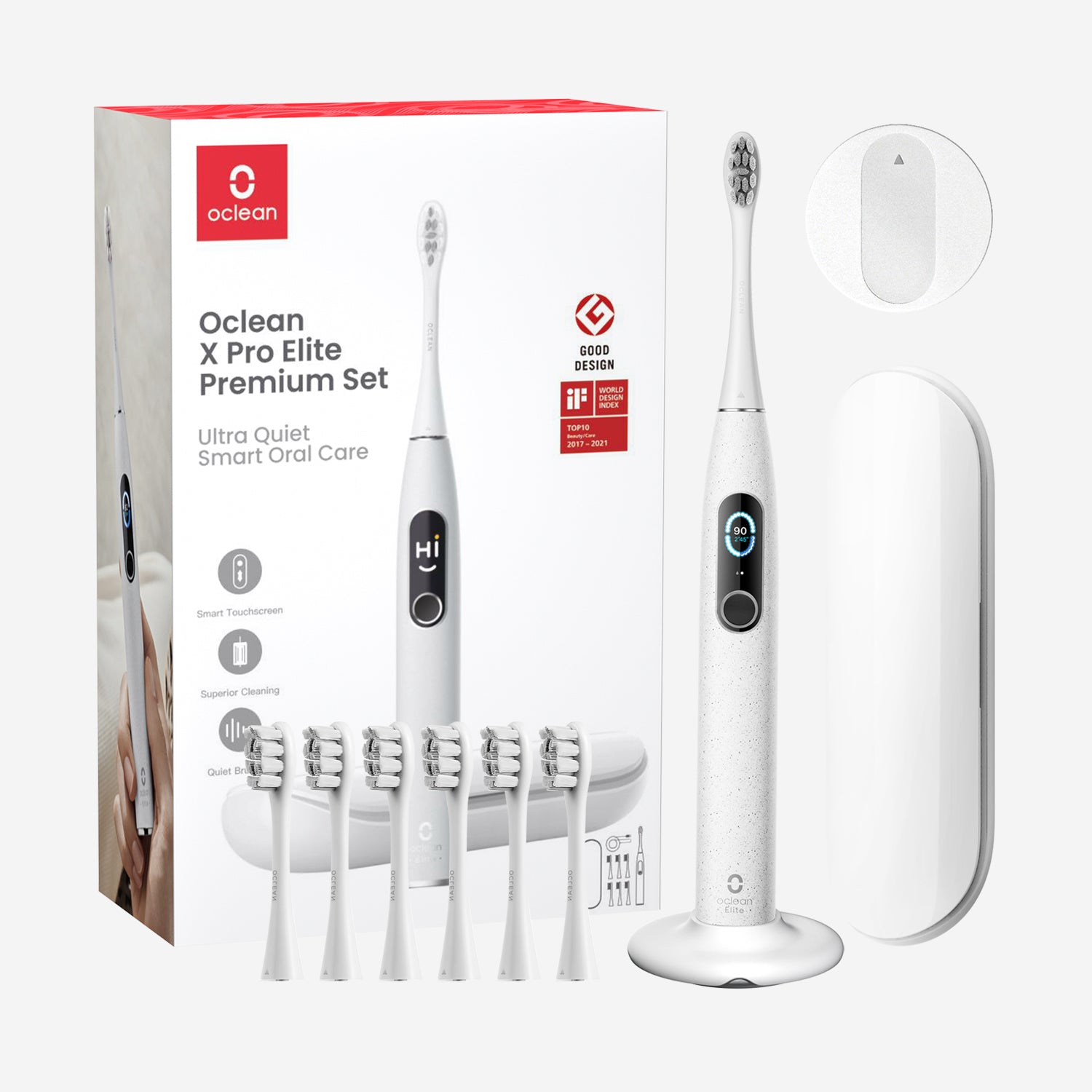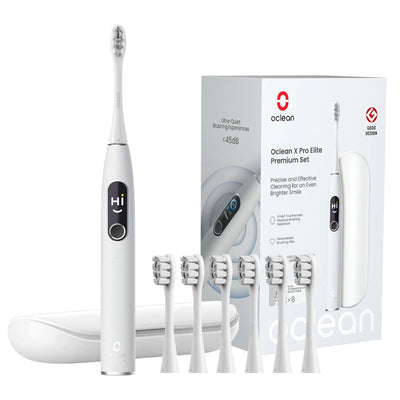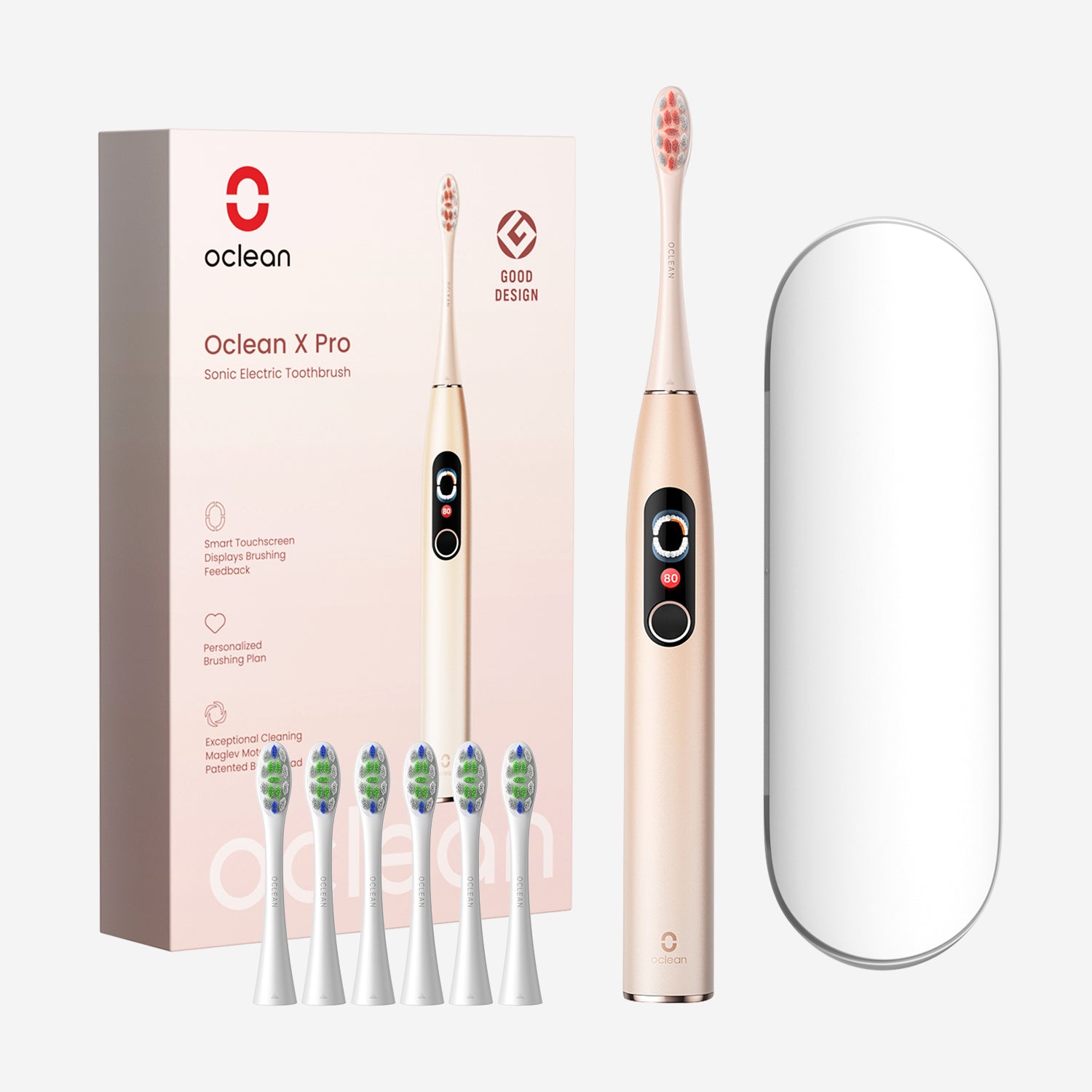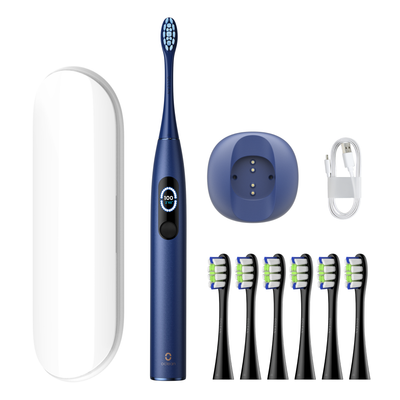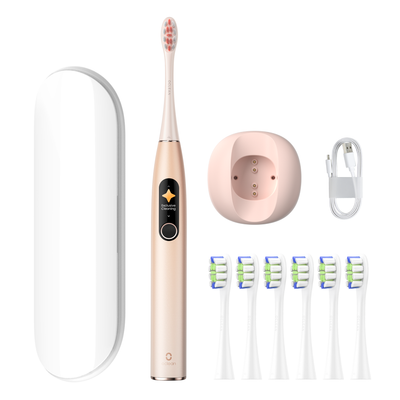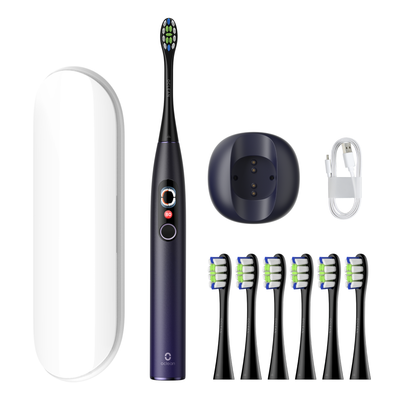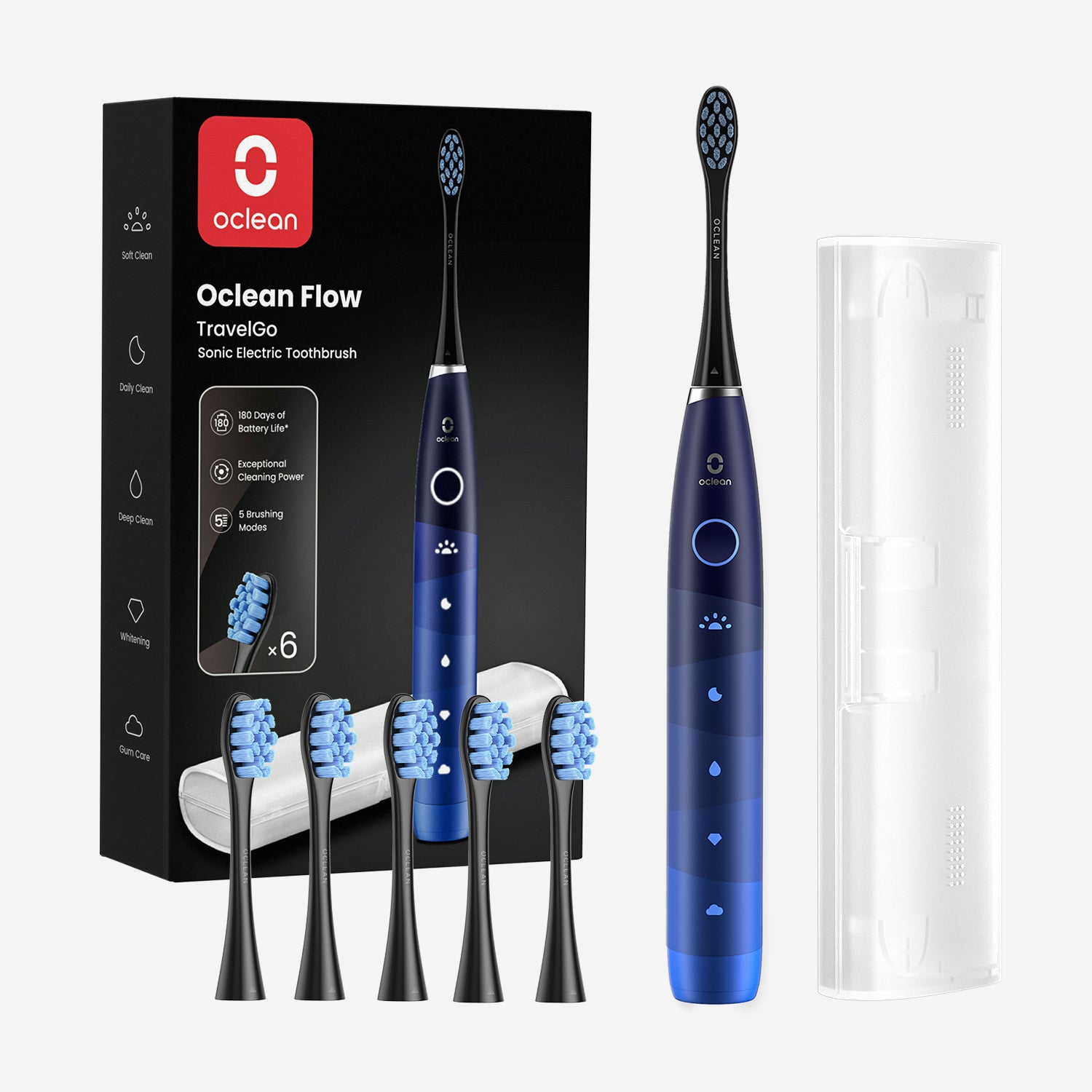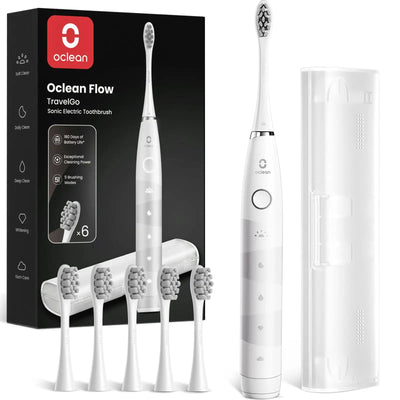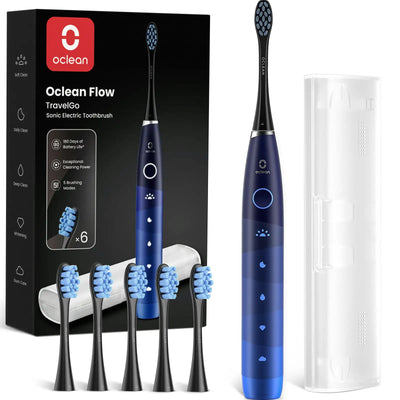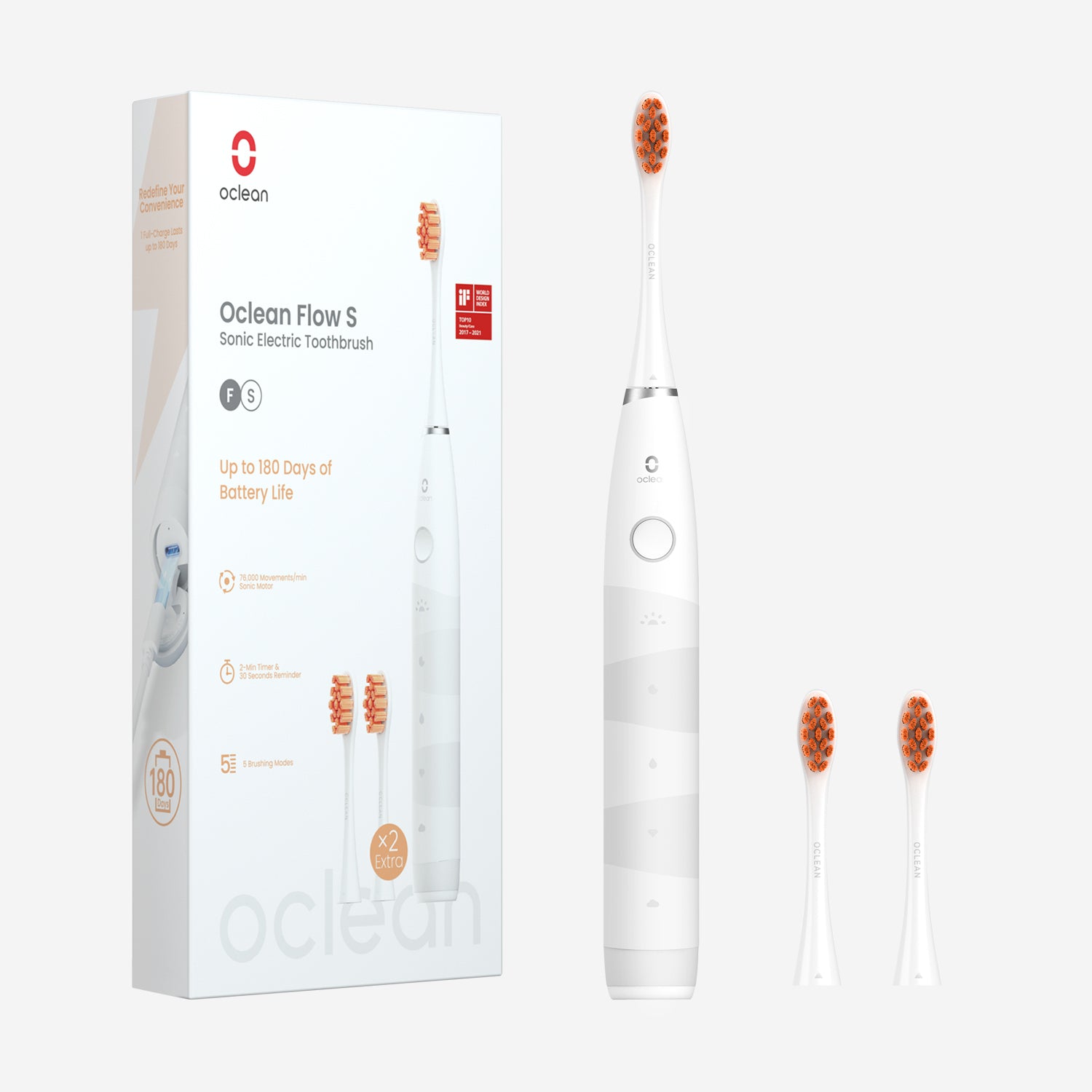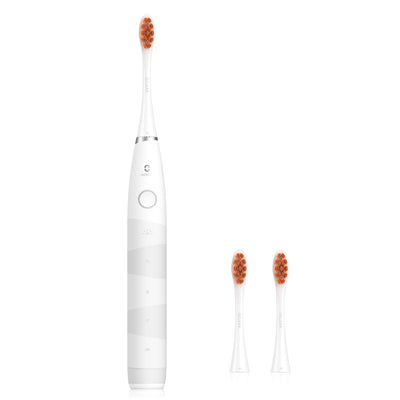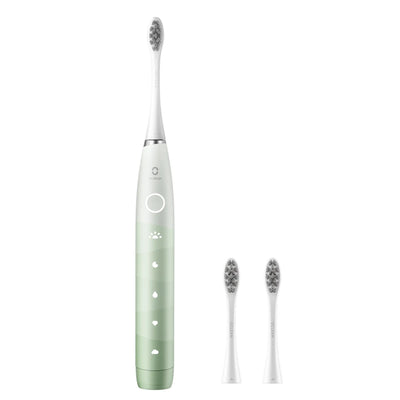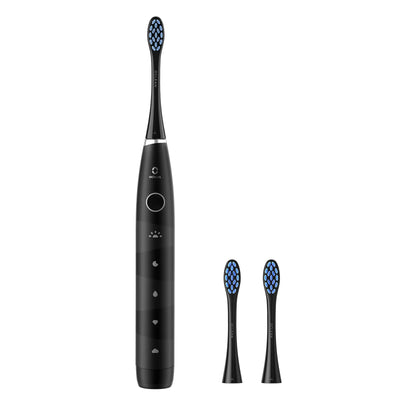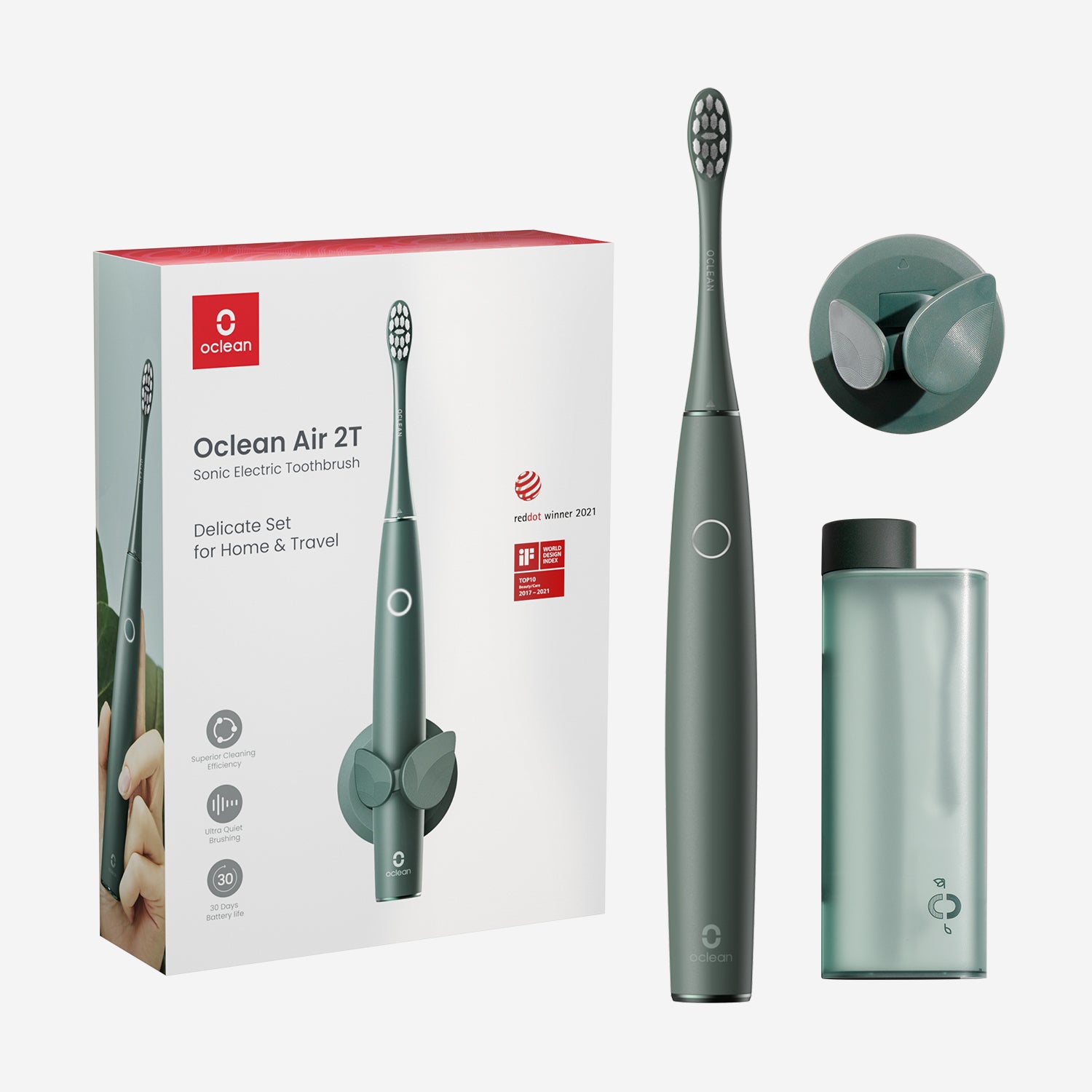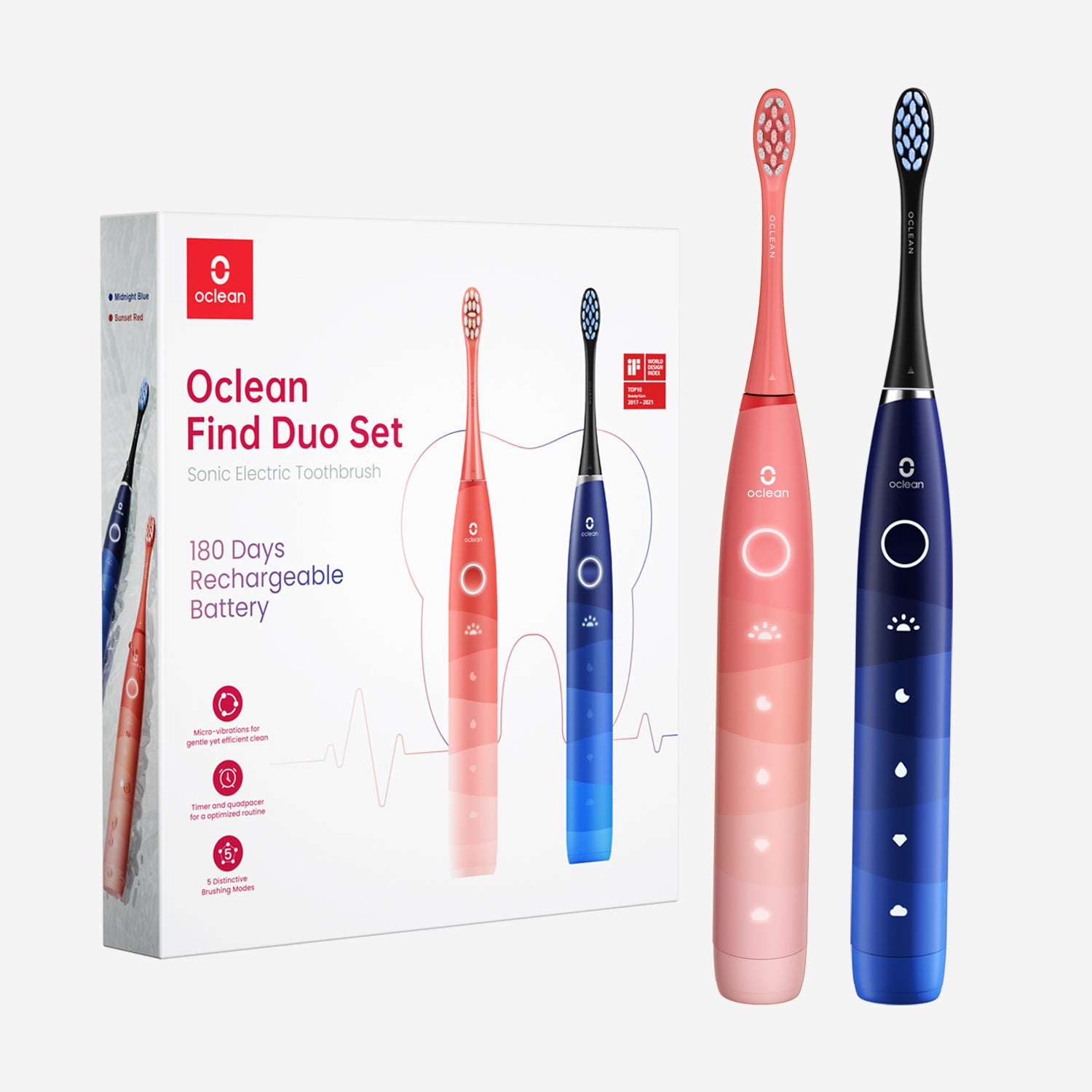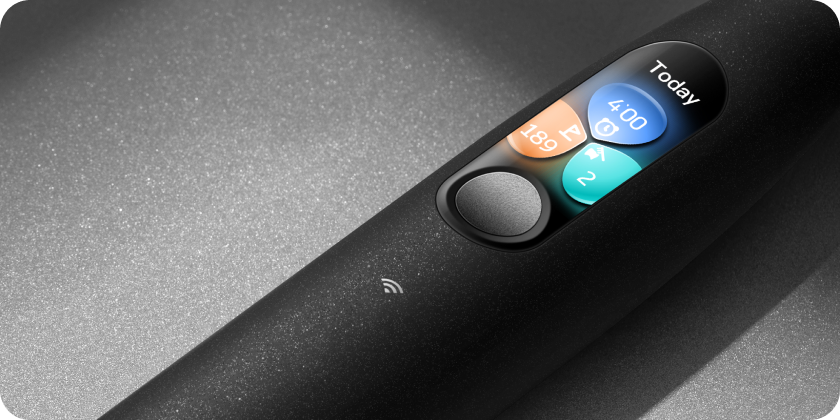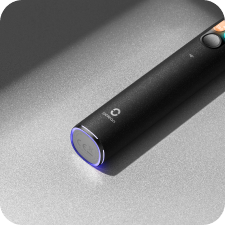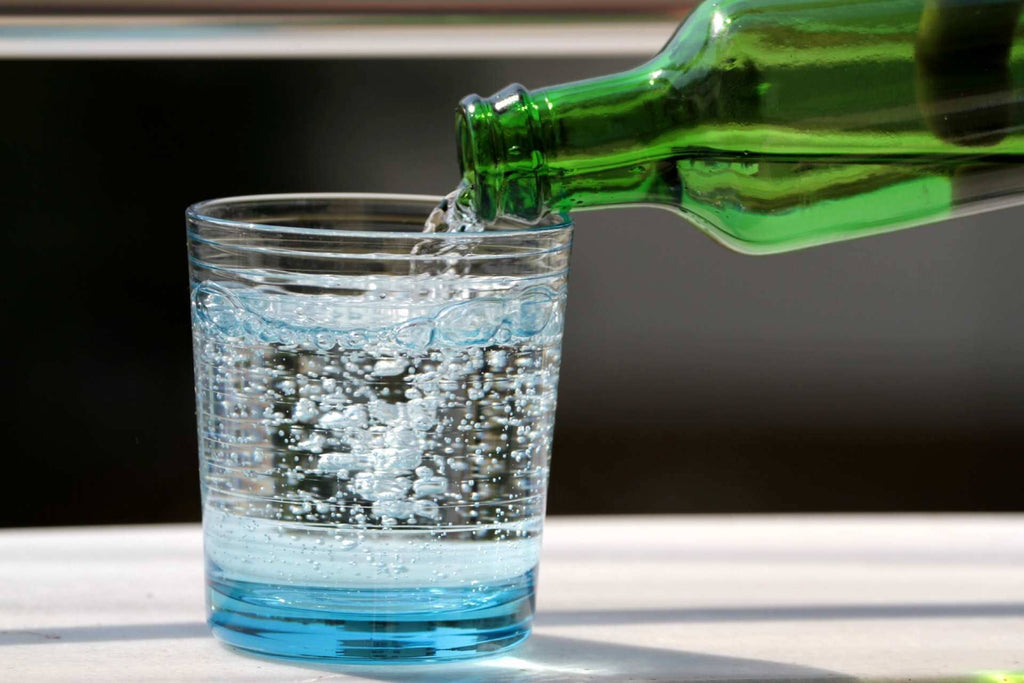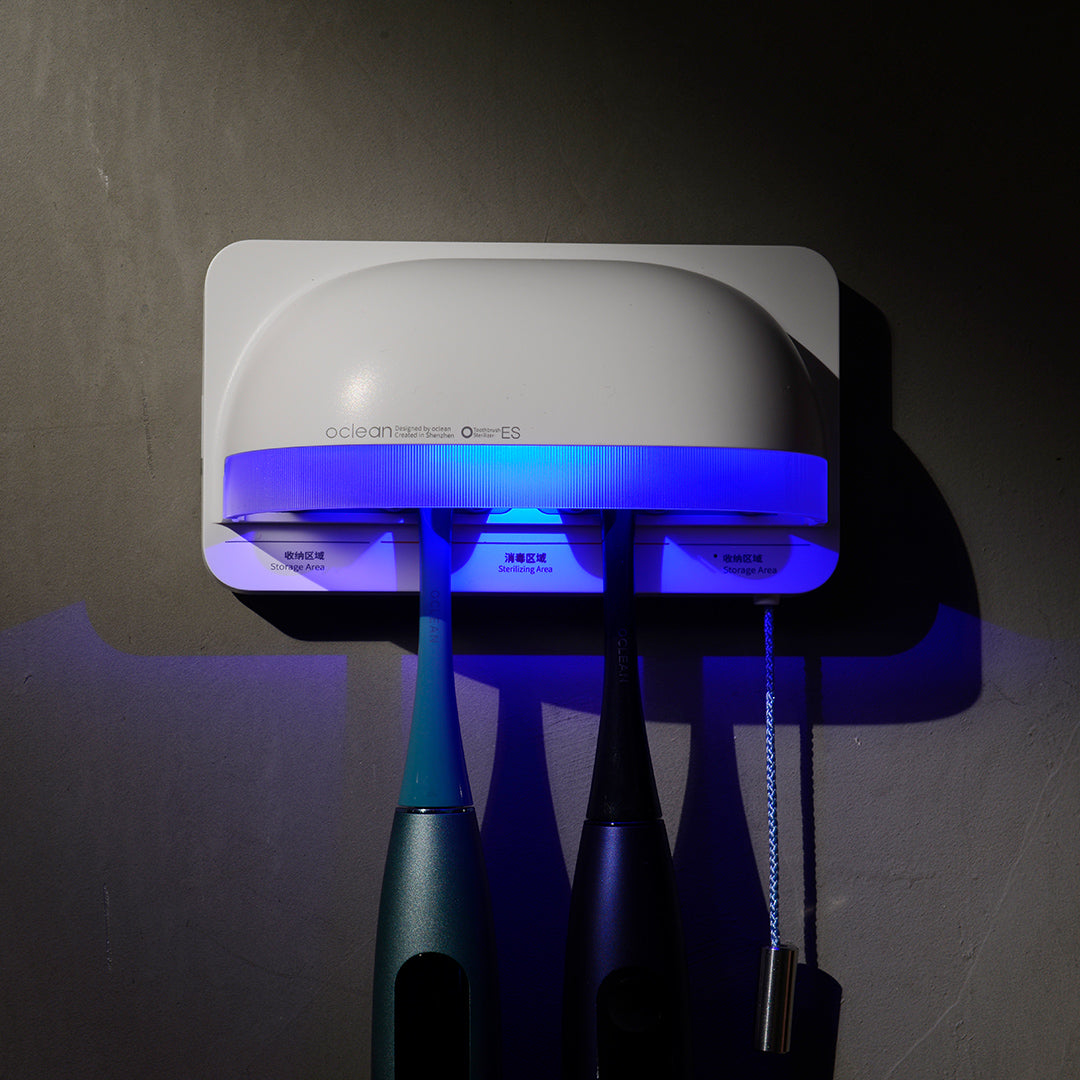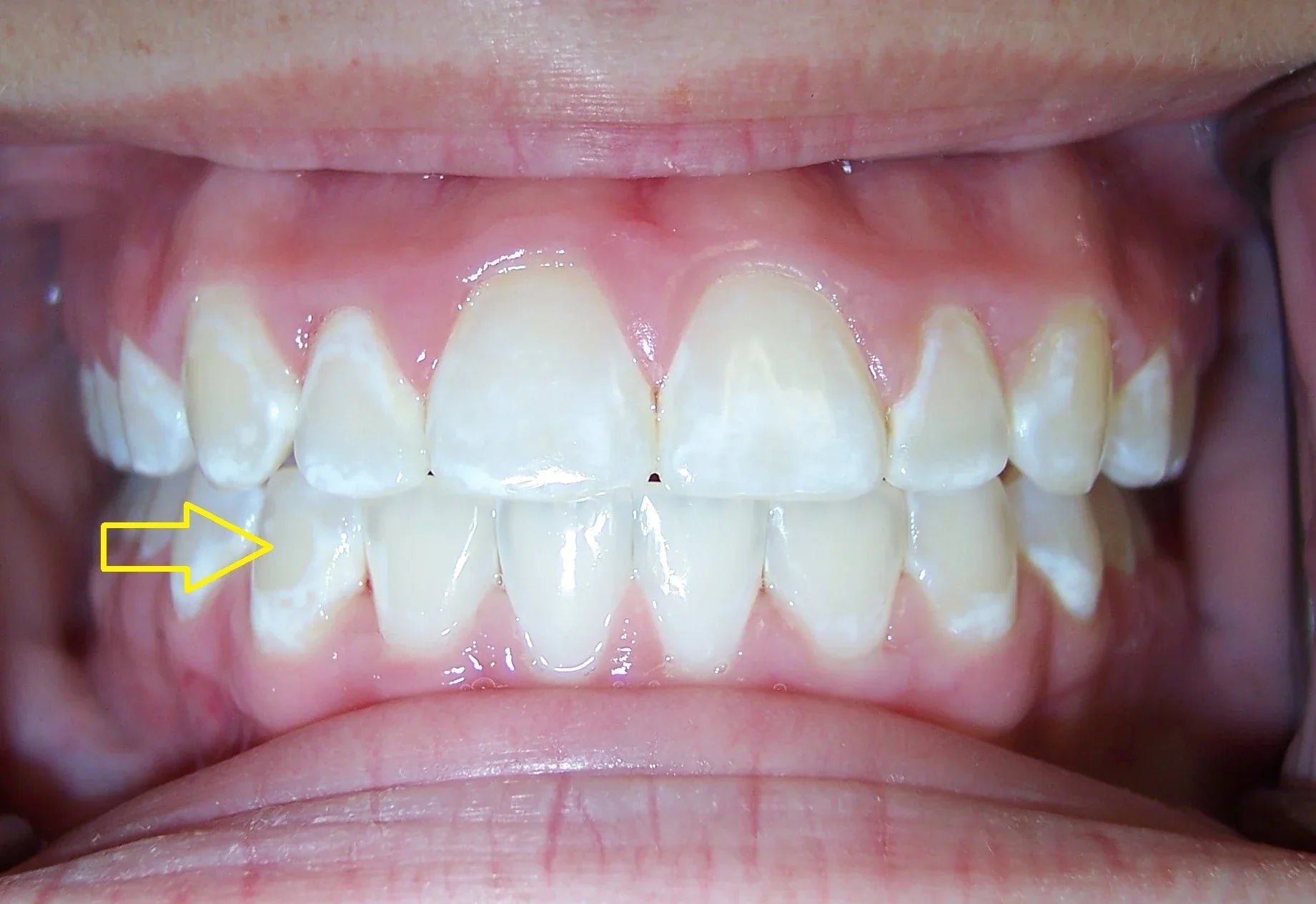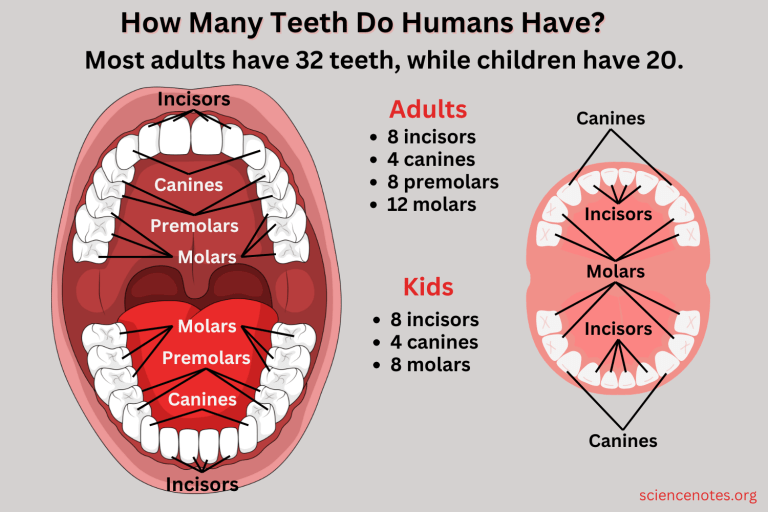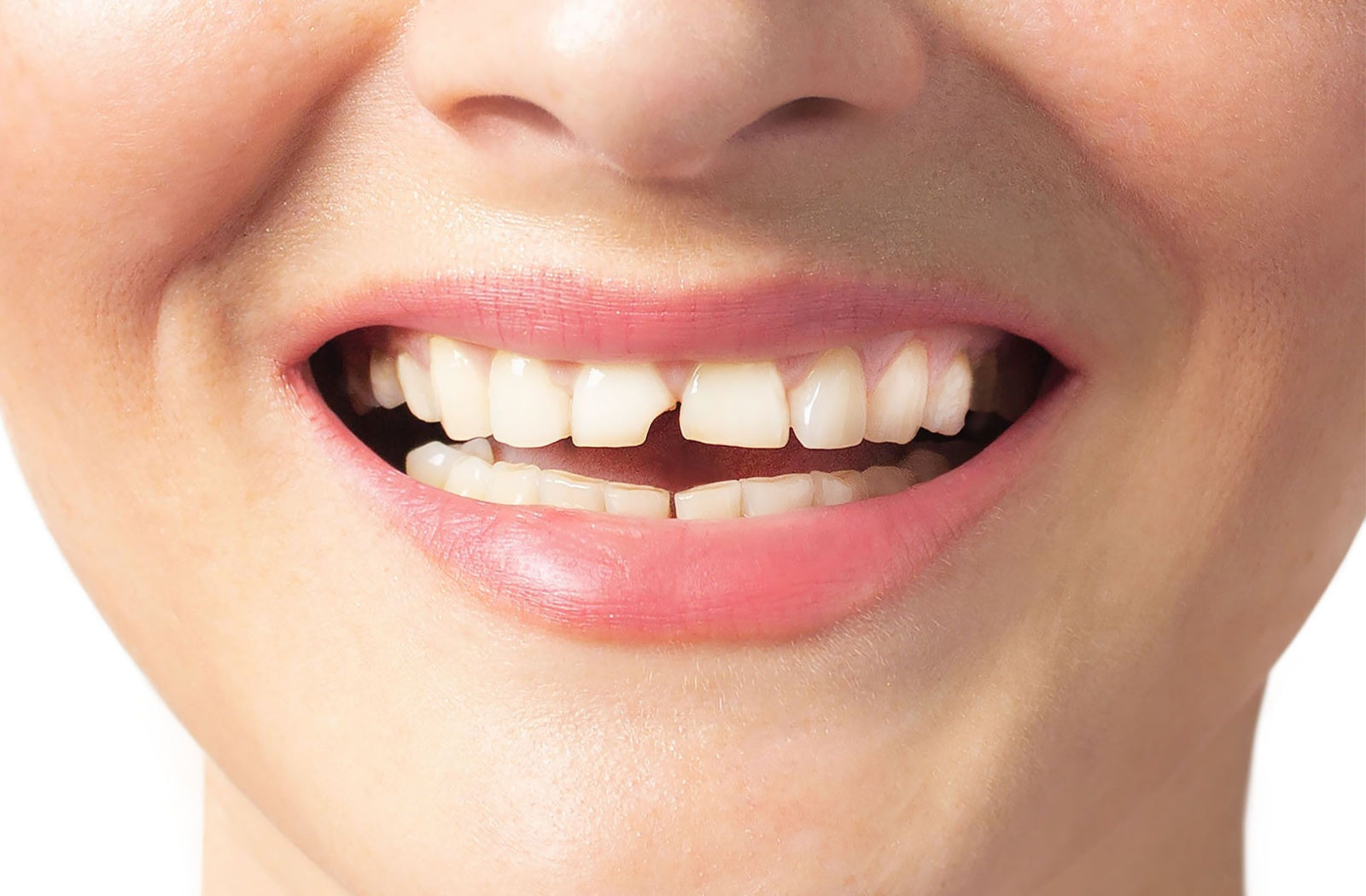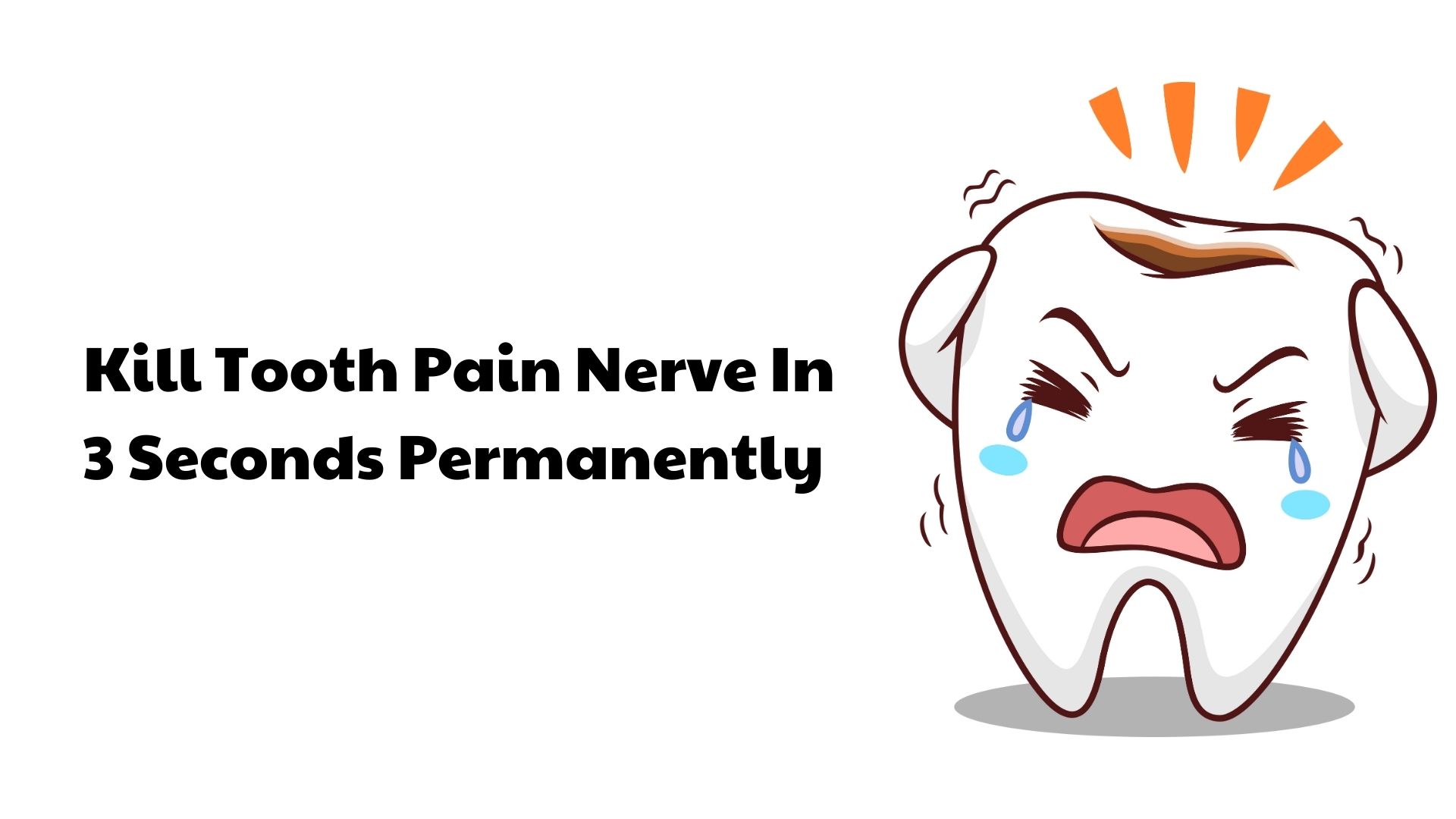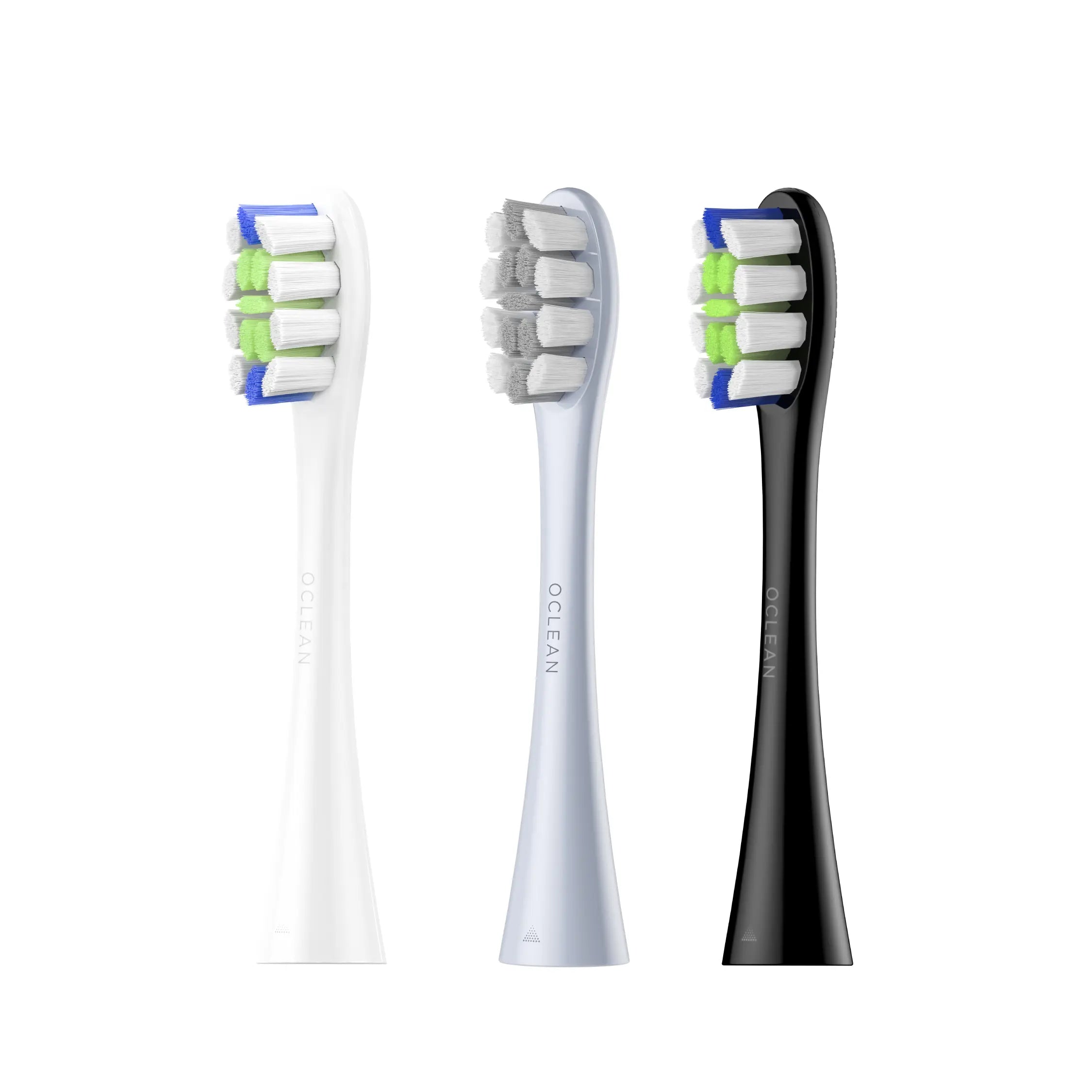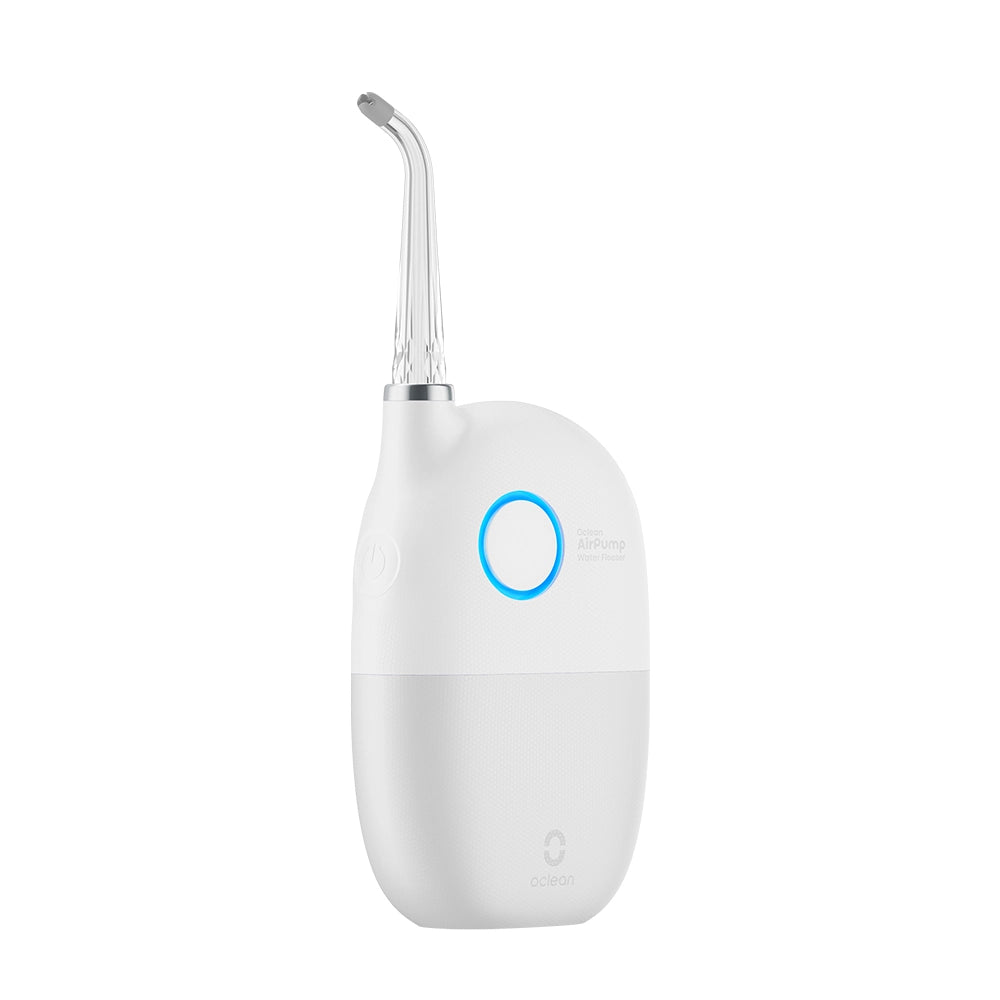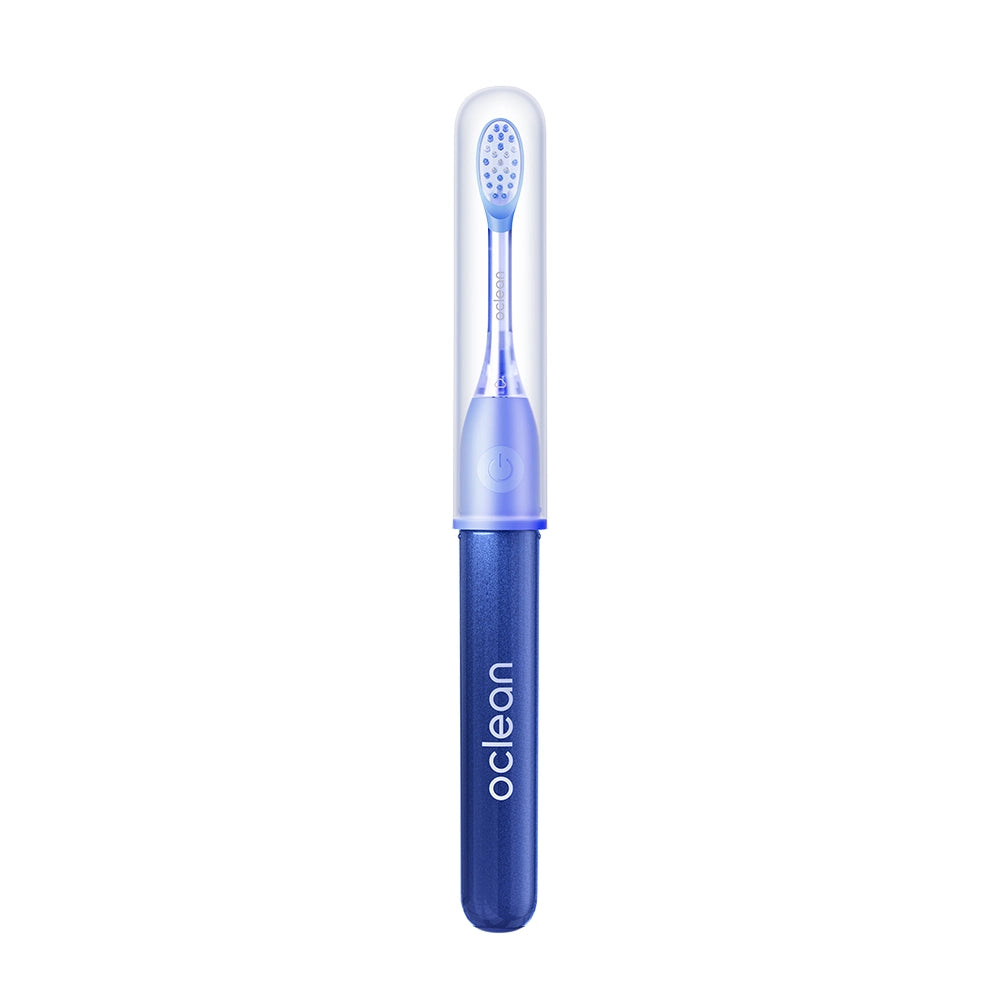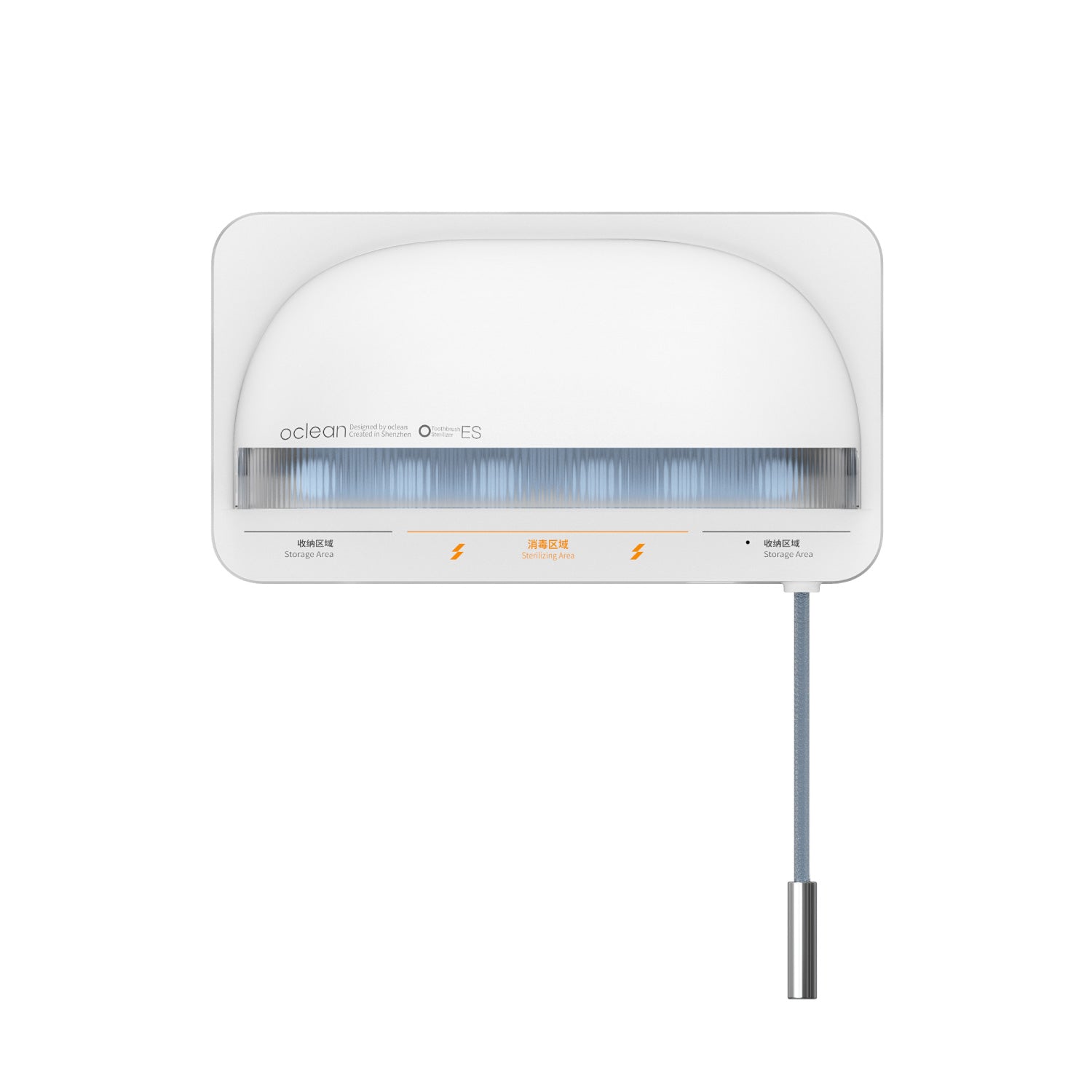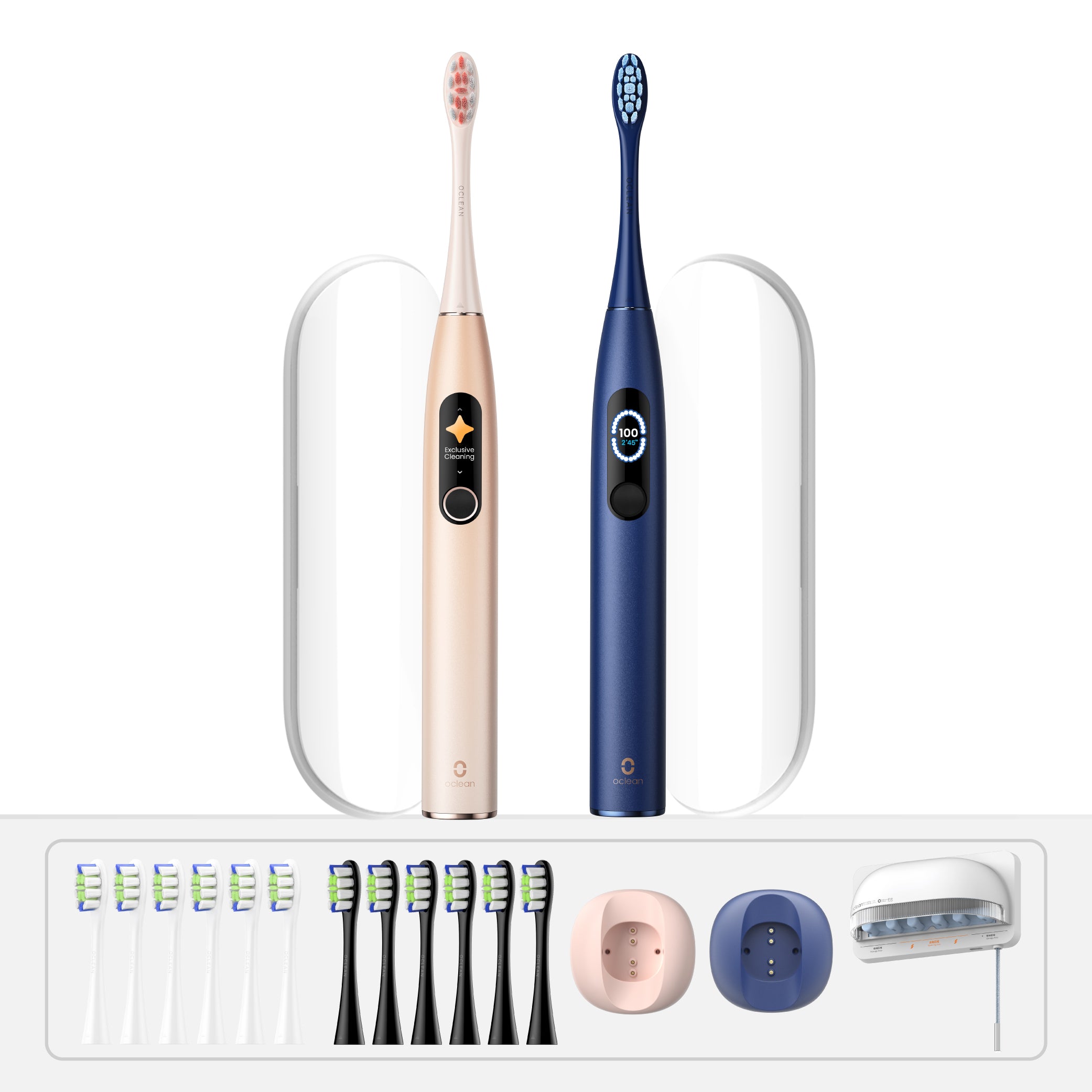You brush twice a day. You floss. But your breath gets stinky, your mouth is dry, and somehow your dentist still finds plaque. Frustrating, right? You're not the only one. Which brings us to the usual question: is chewing gum good for your teeth, or does it merely mask more severe problems?

What was once regarded as a childhood habit is now being reconsidered by dental professionals. Amazingly, the correct type of gum, used in the right manner, may actually be beneficial to your oral health. But it's all confusing, too. Let's dispel the myths and look at the facts.
The Benefits of Chewing Gum
Sugarless gum chewing stimulates your saliva, and that is the secret. Saliva is the mouth's natural cleaning system. It washes away food particles, neutralises the acid after meals, and helps harden tooth enamel with minerals like calcium and phosphate.
According to the American Dental Association (ADA), increased saliva flow from chewing gum can also reduce tooth decay and even lower your risk of cavities. It also helps alleviate dry mouth, a condition that may cause bad breath, gum disease, and increased risk of infection. For some people who take certain medications or breathe through their mouth, this relief is no small thing.
Xylitol gum has also been proven to reduce the number of Streptococcus mutans, the bacteria most responsible for cavities. Xylitol simply starves them out, allowing them neither to adhere to teeth nor to form plaque.
Let's not forget the most obvious benefit: fresher breath. At the same time, only a temporary fix, such as mint or cinnamon oil, sugar-free gum can mask halitosis in public when brushing is not an option.
All of this is a powerful argument for gum, not as a magic bullet, but as a rational addition to your oral health arsenal.
The Risks and Misconceptions
Let's cut to the chase: not all gum is created equal. Consuming gum full of sugar isn't any better than sucking on candy. Sugar is a fuel for bacteria, leading to acid attacks on your enamel and a greater likelihood of cavities.
Then there's jaw strain. Constant chewing has the potential to strain the temporomandibular joint (TMJ), causing pain or clicking, especially for those who already have TMJ disorders.
And a large myth: chewing gum will not replace brushing and flossing. Gum cannot reach under the gumline or between teeth, and won't remove sticky plaque. It's an addition, not a replacement.
Used the wrong way, or the wrong kind, it can actually do more harm than good.
Sugar-Free Gum: The Only Good Option
If you’re chewing gum for your teeth, it must be sugar-free. Gums with xylitol, sorbitol, or mannitol don’t feed cavity-causing bacteria and are safe for your enamel. In fact, xylitol actively reduces harmful bacteria.
Look for the ADA Seal of Acceptance; it means the product has been tested for safety and effectiveness. Avoid “natural” or trendy gums that still contain sugar or acidic flavouring.
Sugar-free gum can’t clean your teeth like a toothbrush, but it’s a good plan B when you’re at work, on the road, or grabbing a meal on the go.
Best Times to Chew Gum for Dental Health
The optimal time to chew gum is after eating, particularly when brushing is not an option. This is when acid levels in your mouth reach their highest point, and chewing gum helps counteract them.
Gum is also handy during long meetings, air travel, or when your mouth gets too dry. Avoid it before bedtime, though—you don't want to sleep with remnants of food or gum in your mouth.
Timing is critical. Chewing gum at the right times can make a big difference in the health of your mouth.
Who Should Not Chew Gum?
Not everyone should reach for a piece of gum. People with braces, dental appliances, or jaw disorders like TMJ may find chewing uncomfortable or worse. Young children under four years of age should not chew gum altogether to avoid choking.
If you're sensitive to artificial sweeteners or get indigestion from over-chewing, gum is not for you, either.
The secret is to listen to your body and your dentist before gum becomes a part of your daily routine.
Brushing Is Still King
Even the most excellent sugar-free gum is no substitute for good brushing. Only a toothbrush is physically capable of removing plaque and cleaning underneath the gumline. That's why dentists continue to recommend brushing twice a day, preferably using a high-frequency sonic toothbrush for a deeper, more gentle clean.
Try the Oclean X Ultra Sonic Toothbrush for next-gen plaque removal and gum protection.
Gum can help with acid balance and dry mouth, but brushing is what actually cleans your teeth and your gums well in the long run.
The Verdict
So is sugar-free gum good for teeth? Yes, if it's done in moderation, as part of an overall oral hygiene regimen. But super clean teeth? Gum doesn't cut it.
Sisukord
